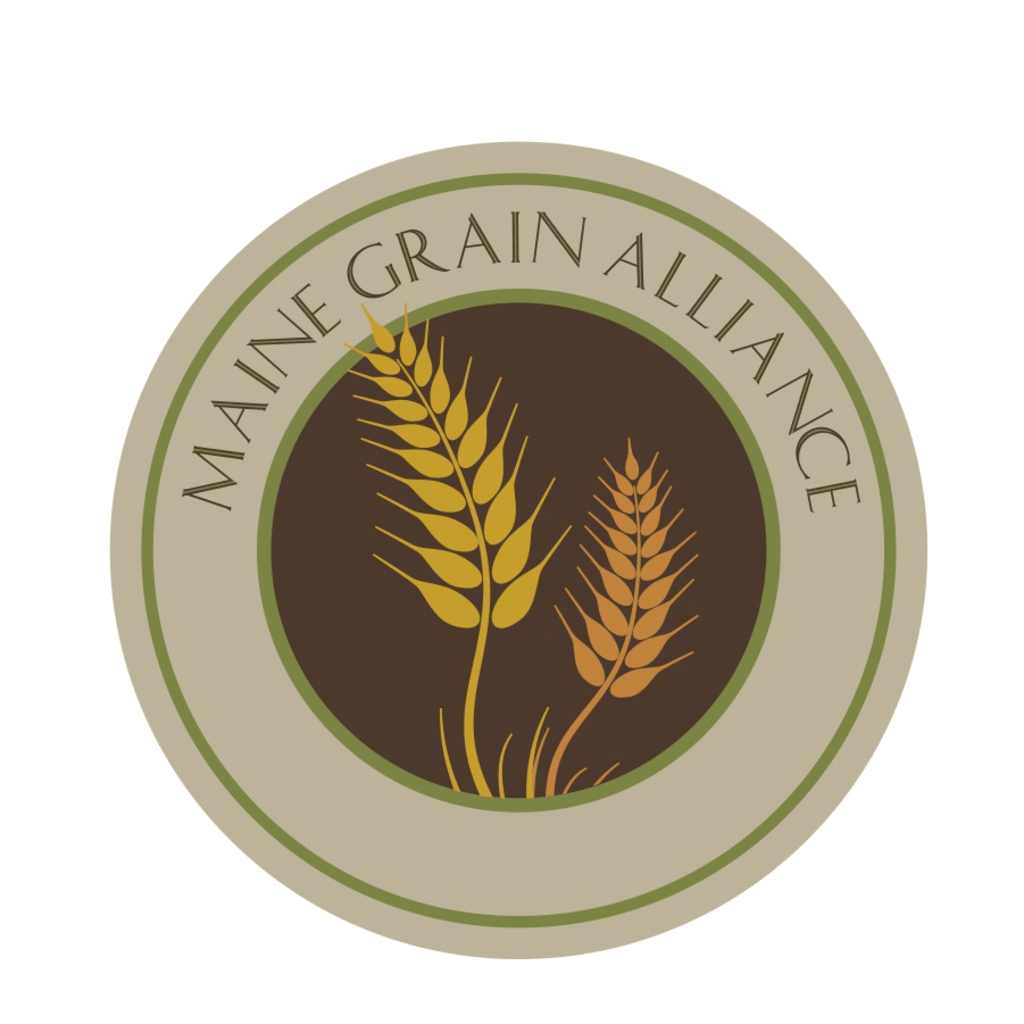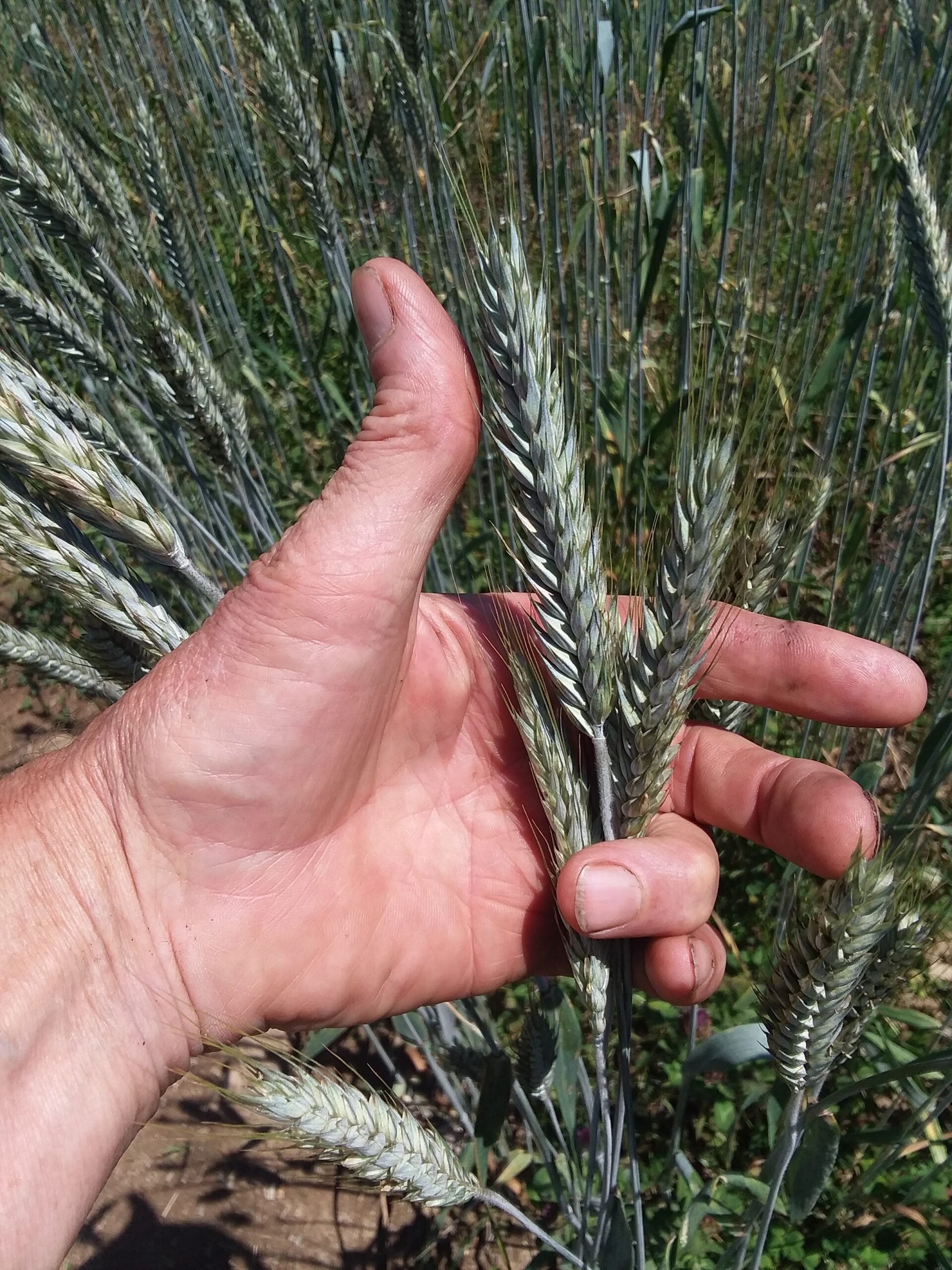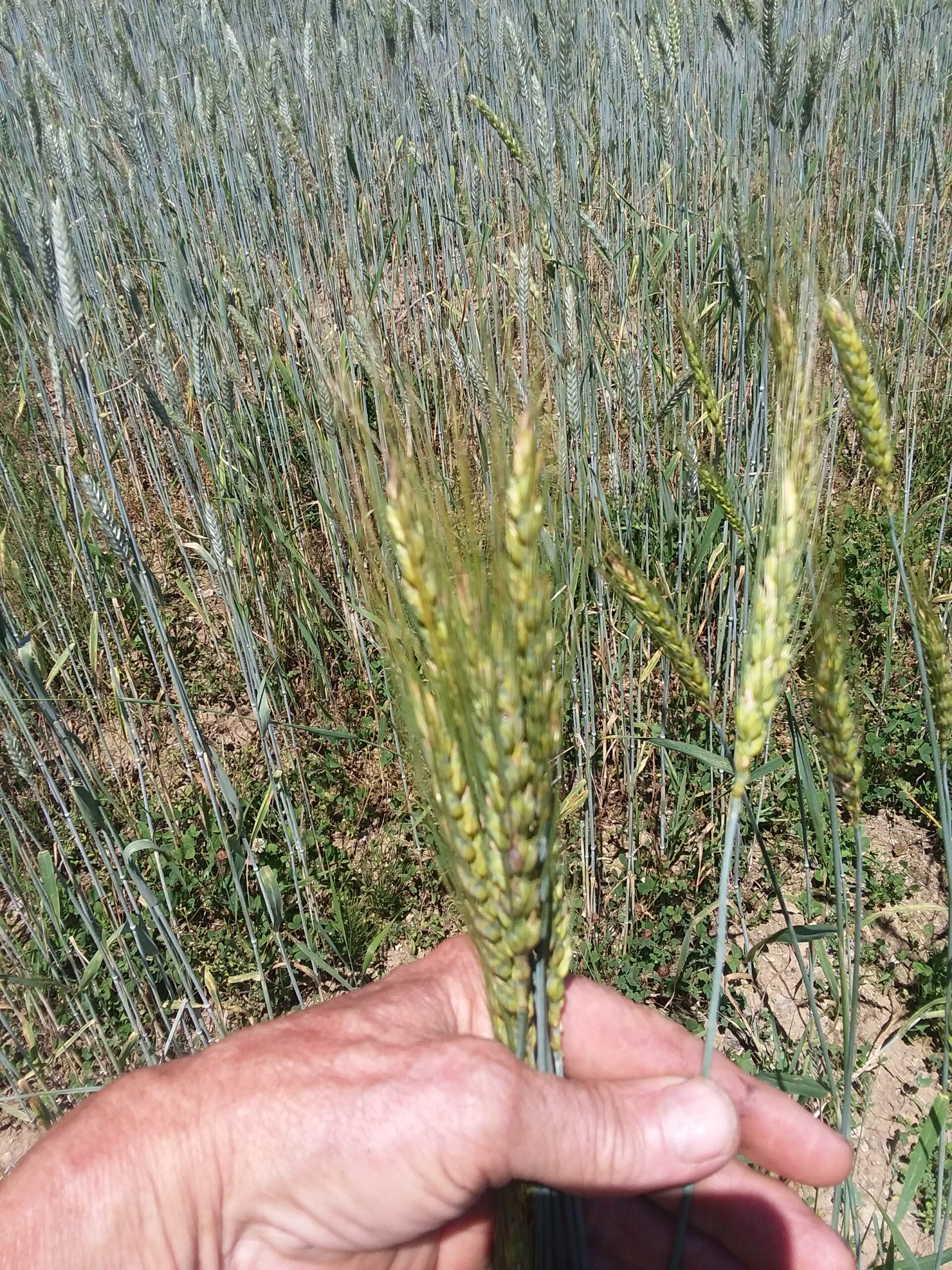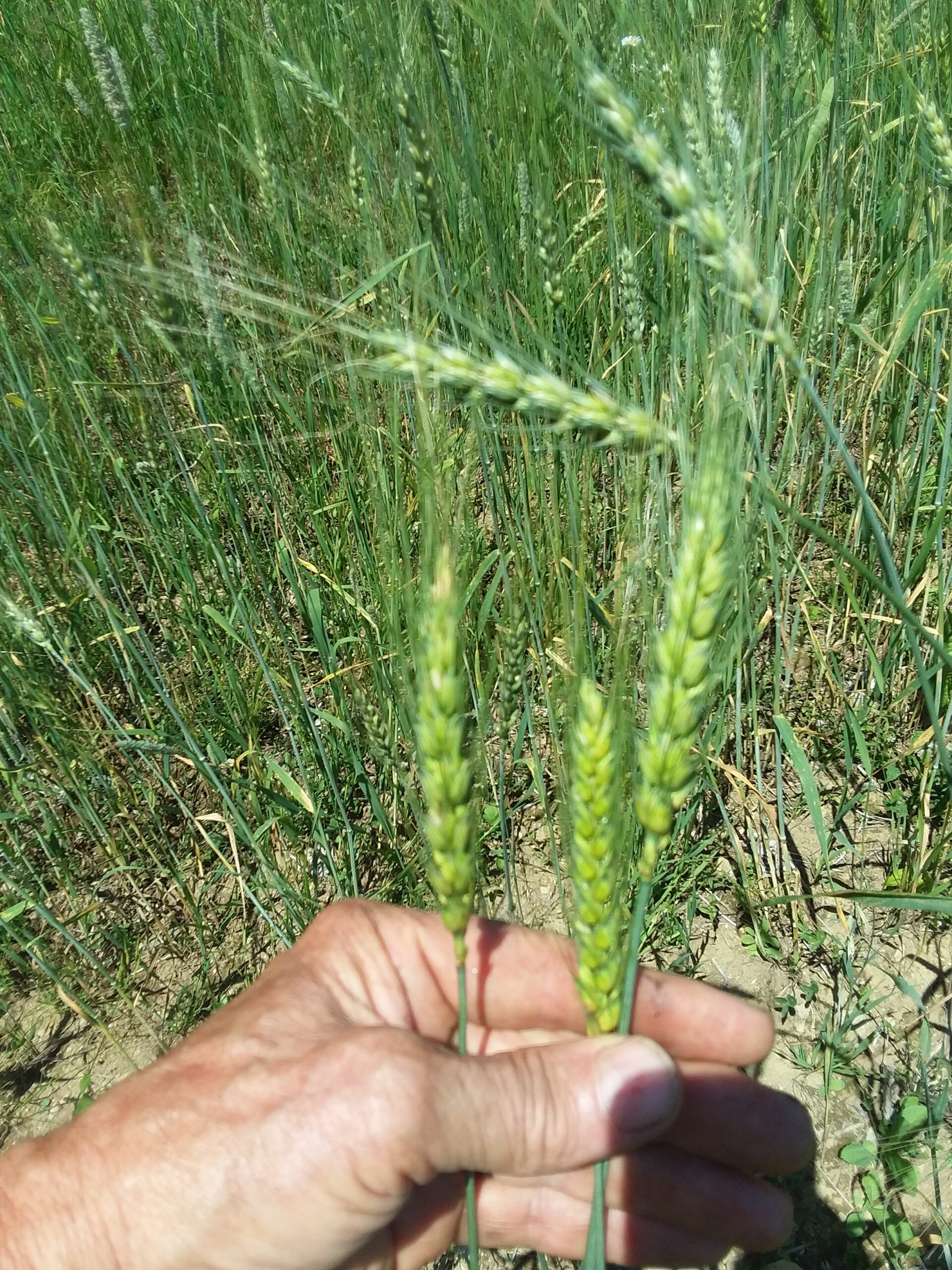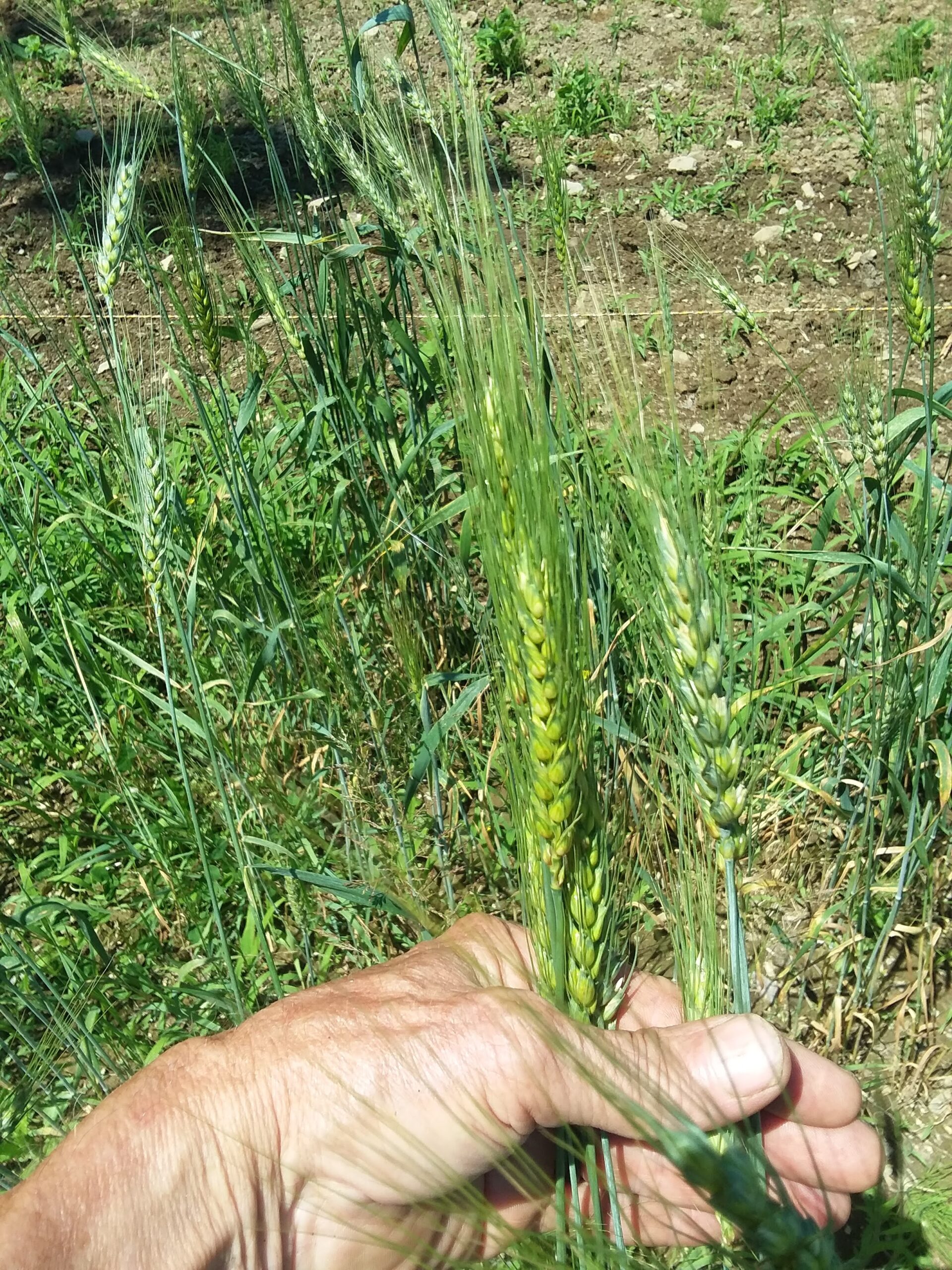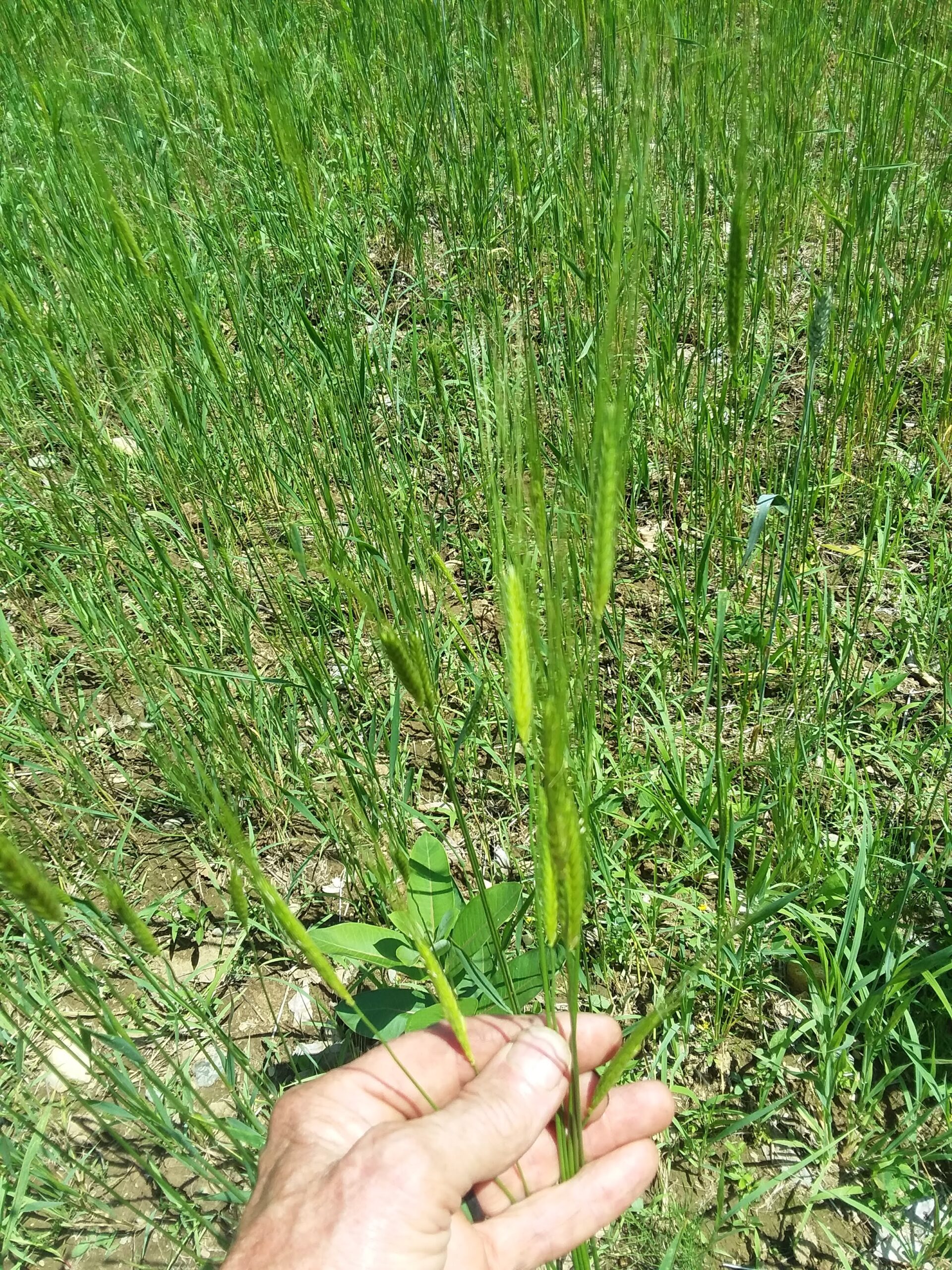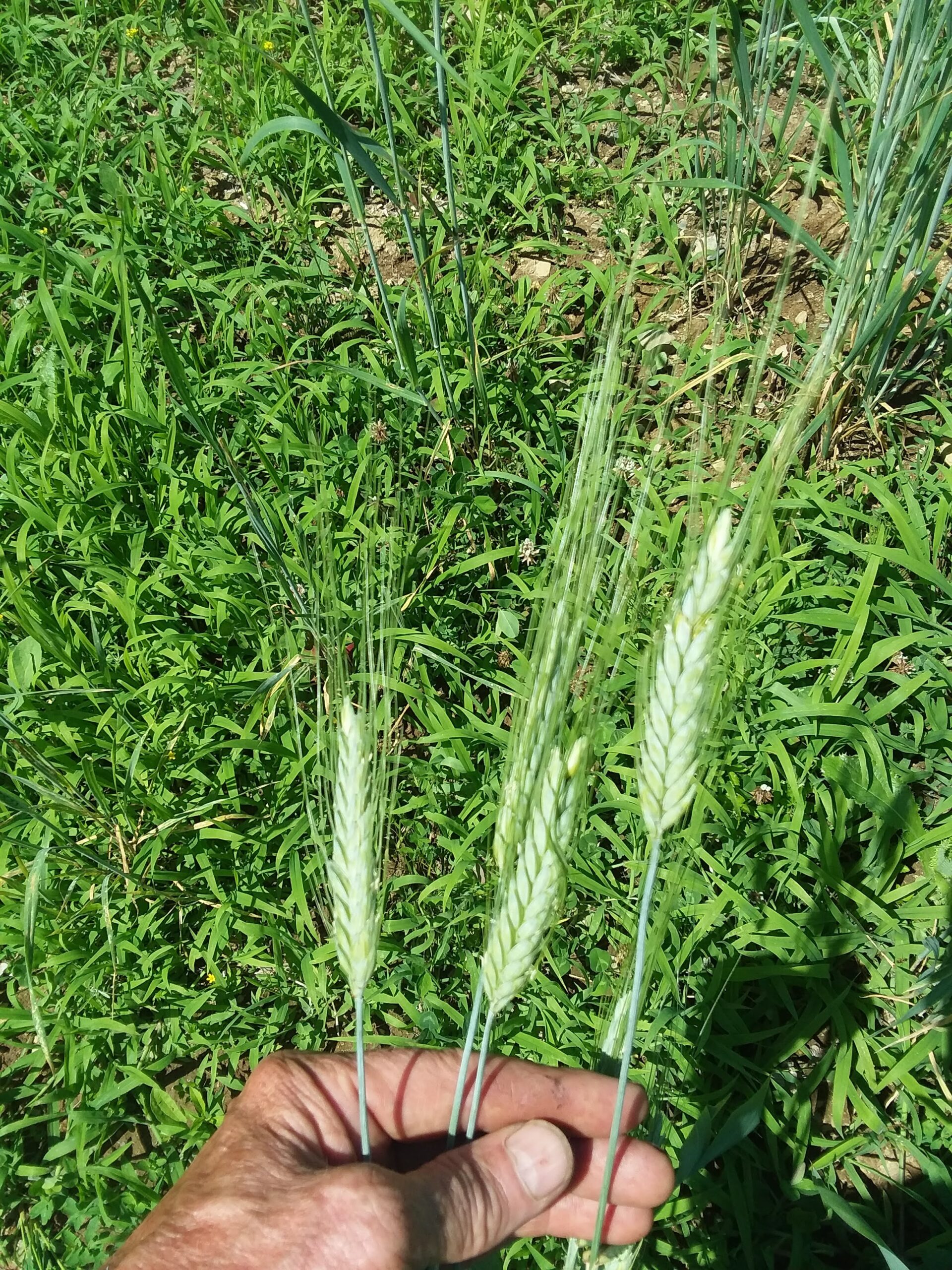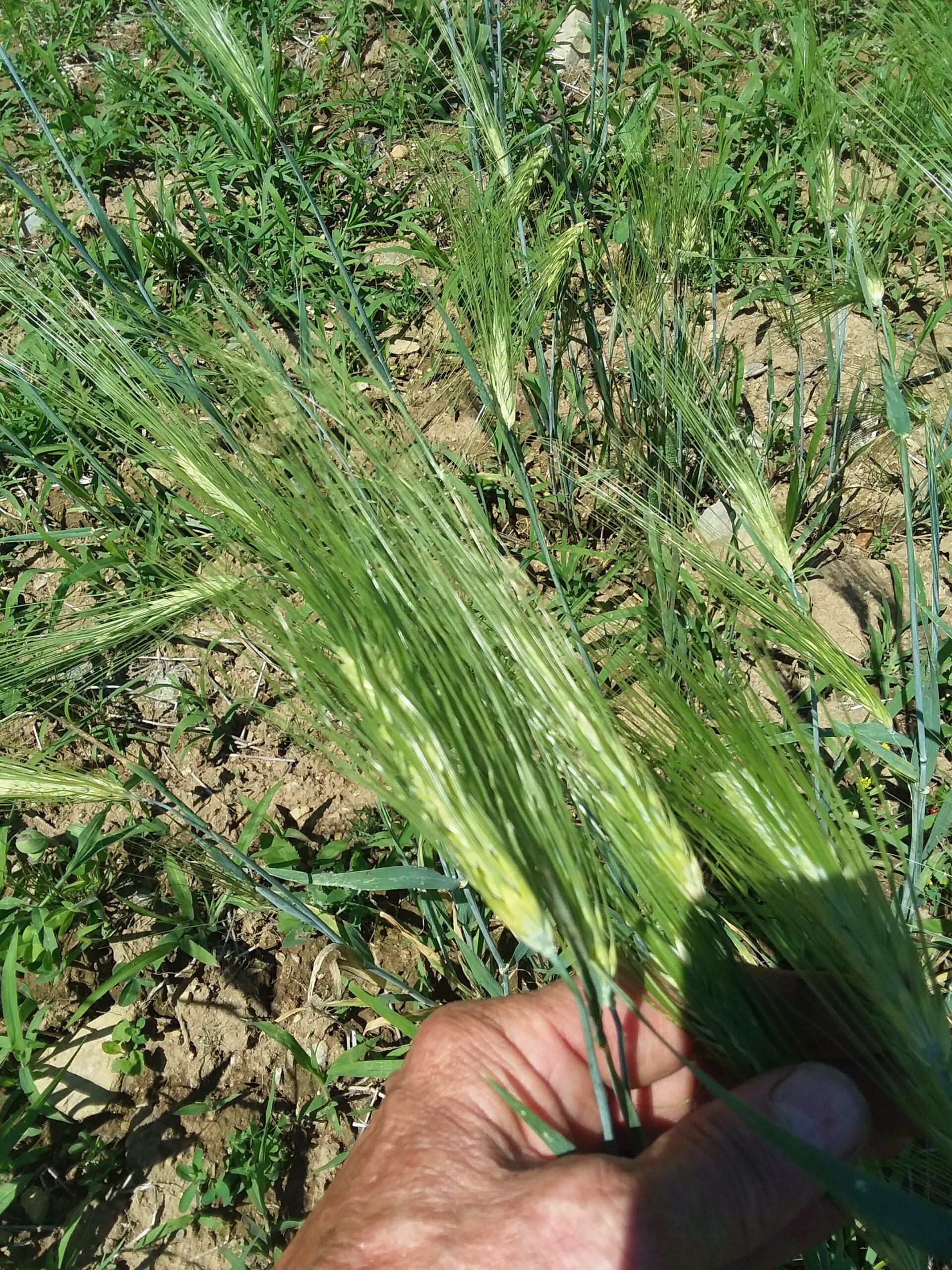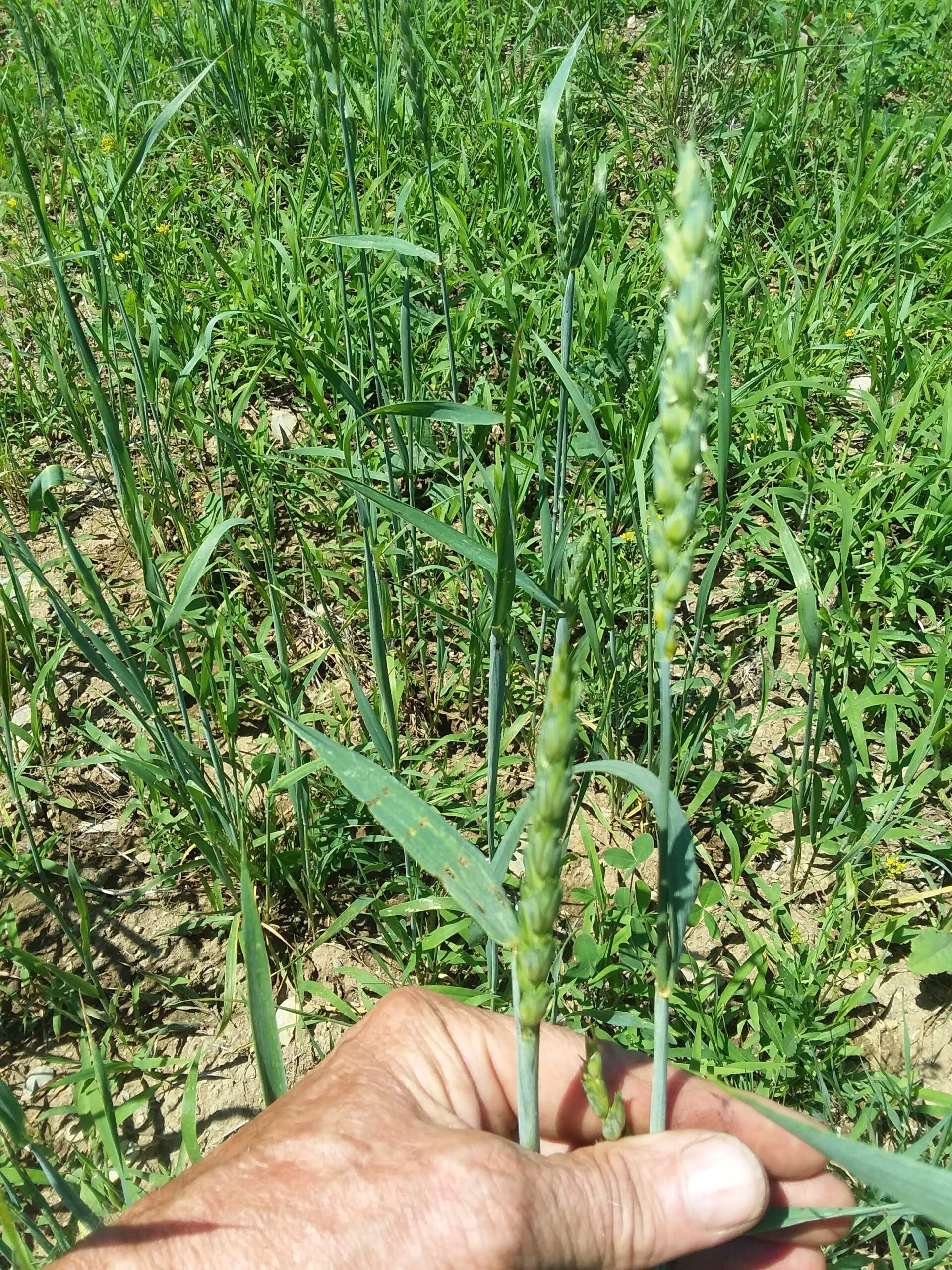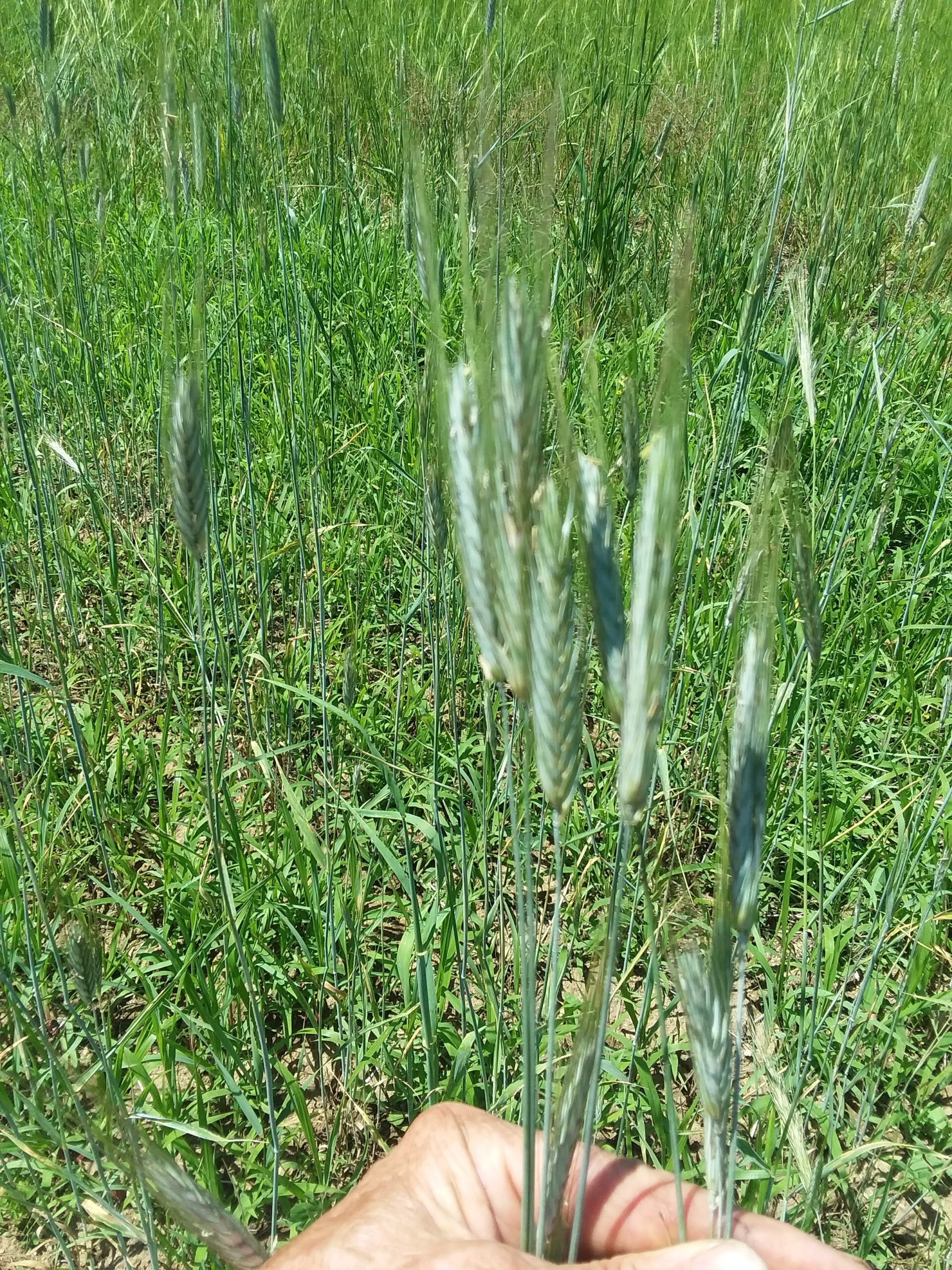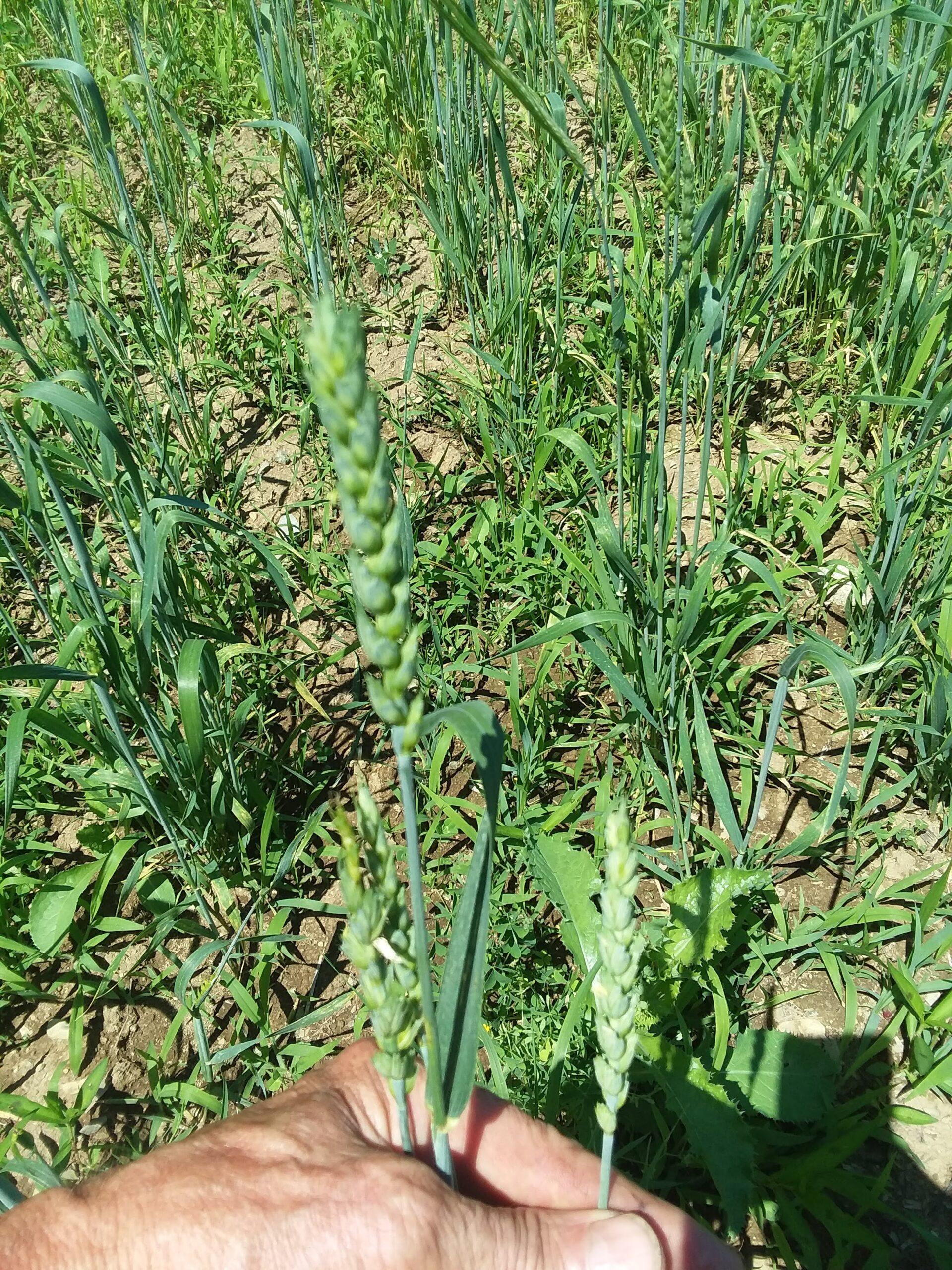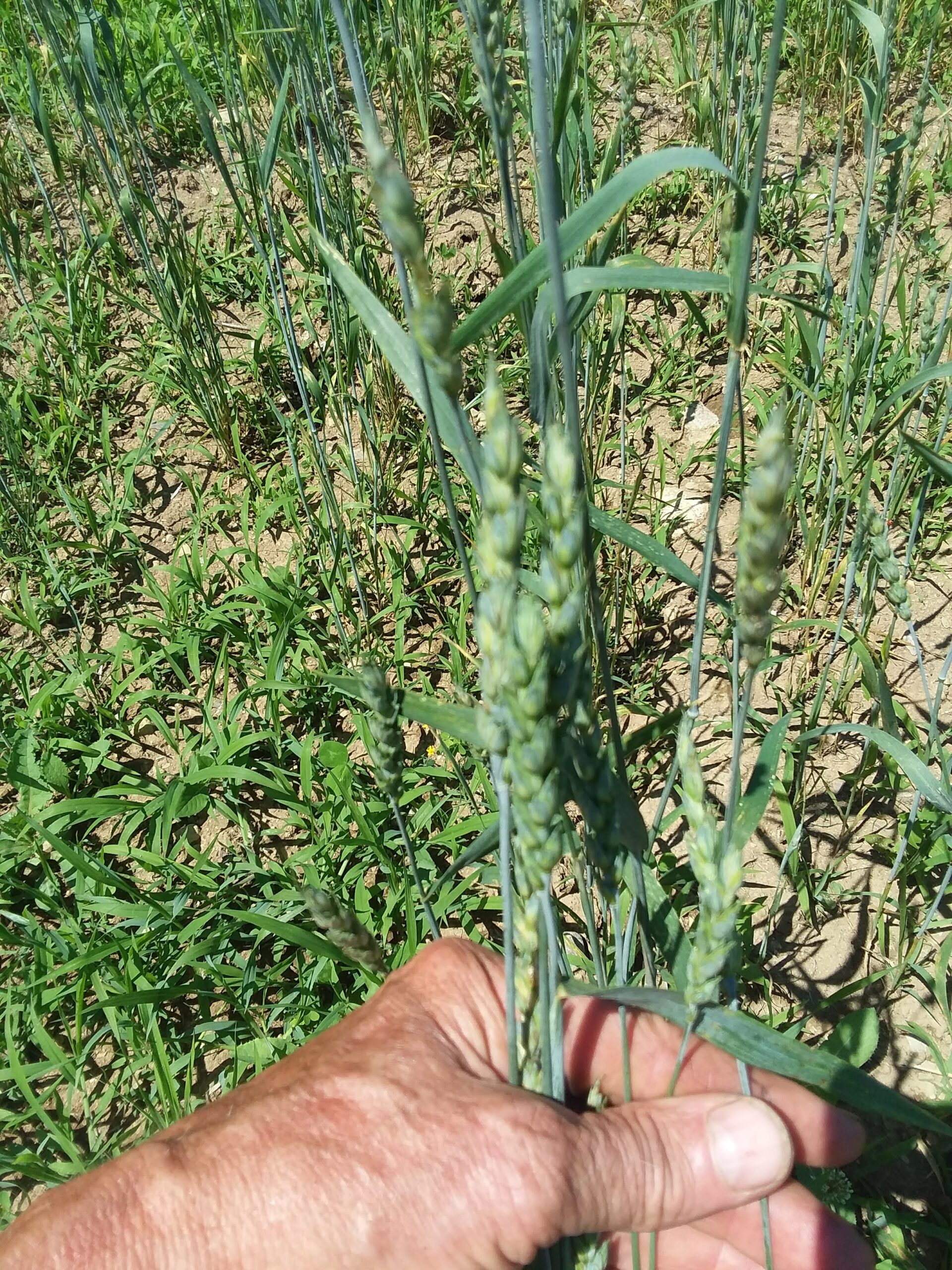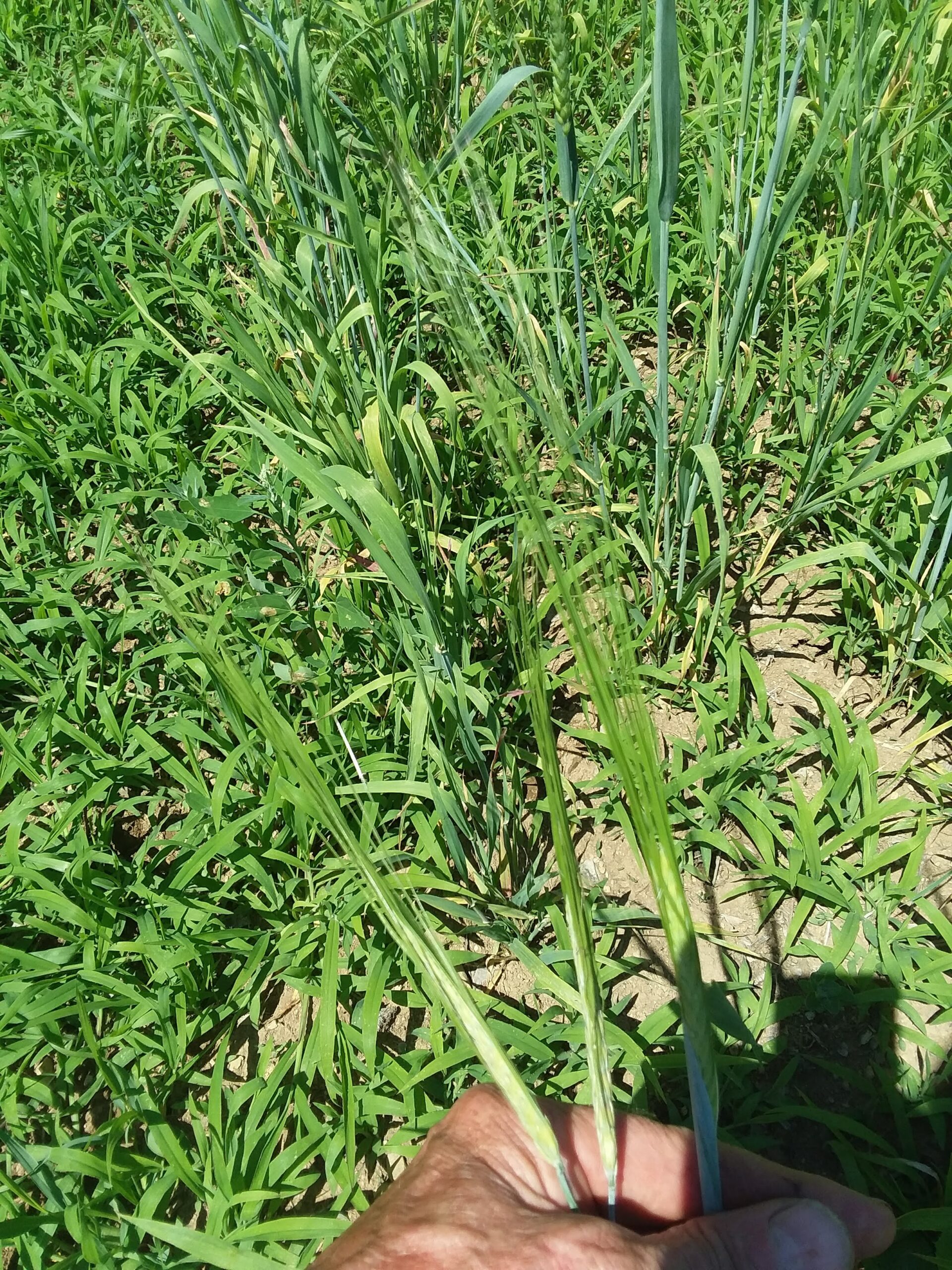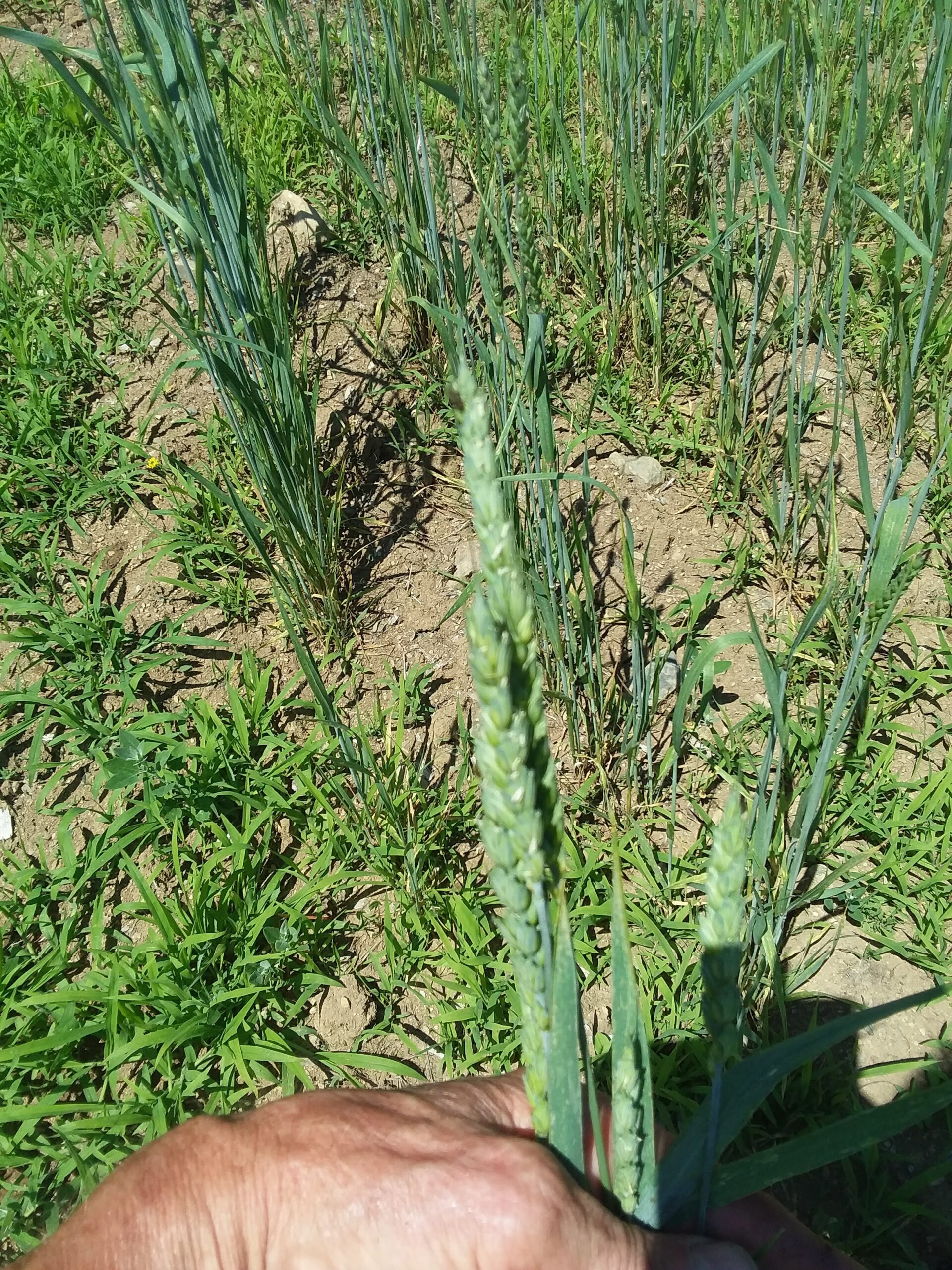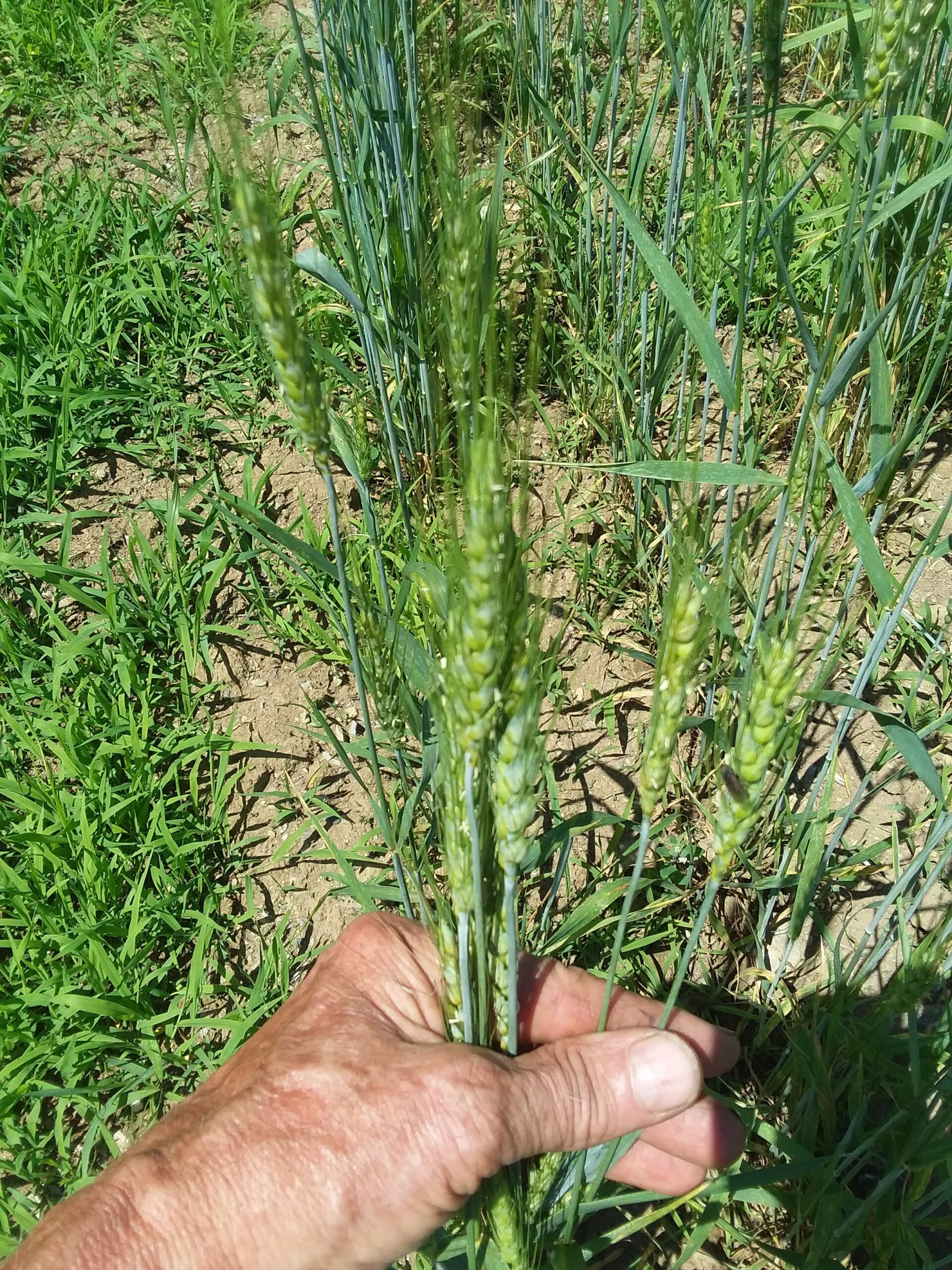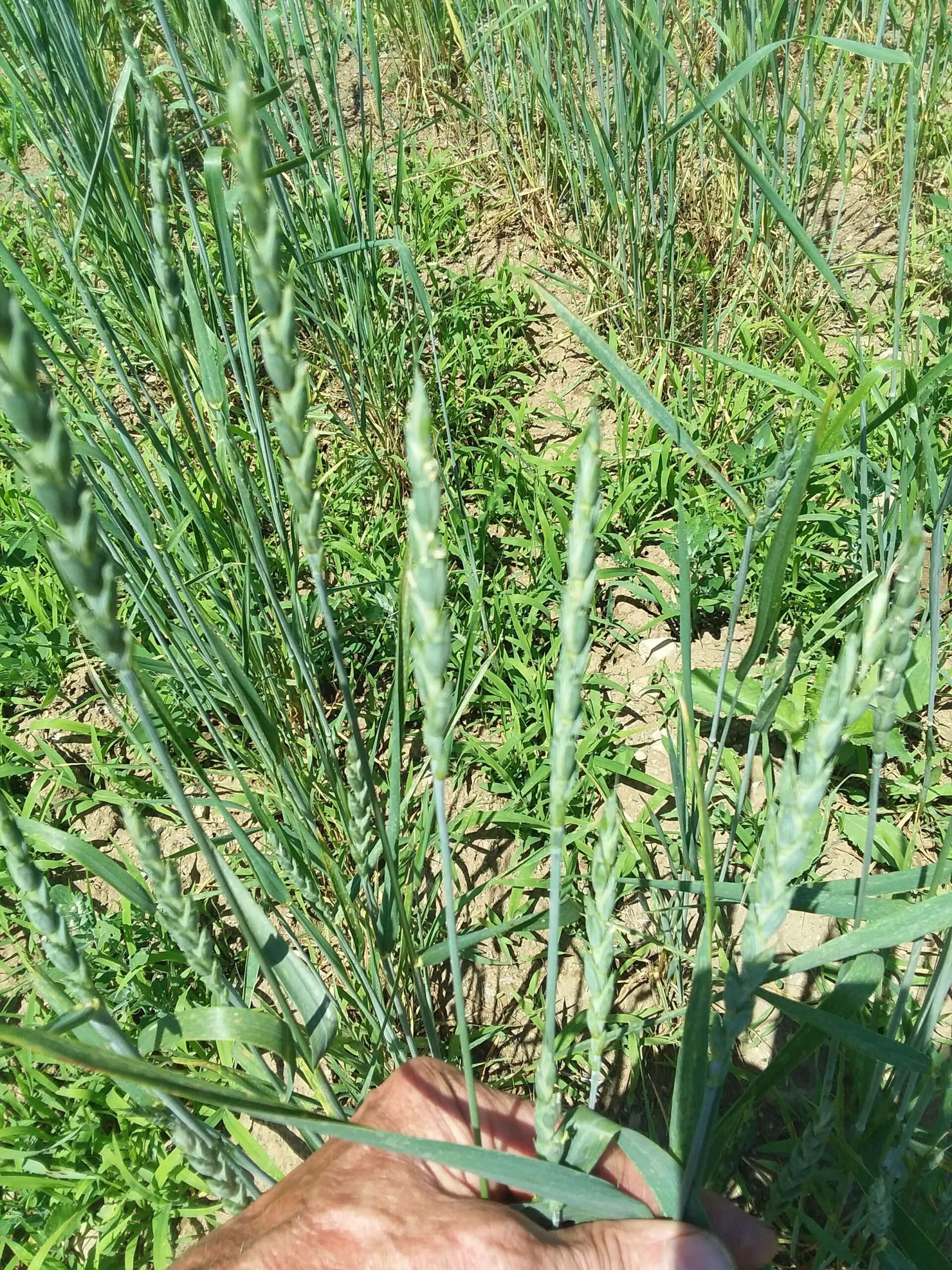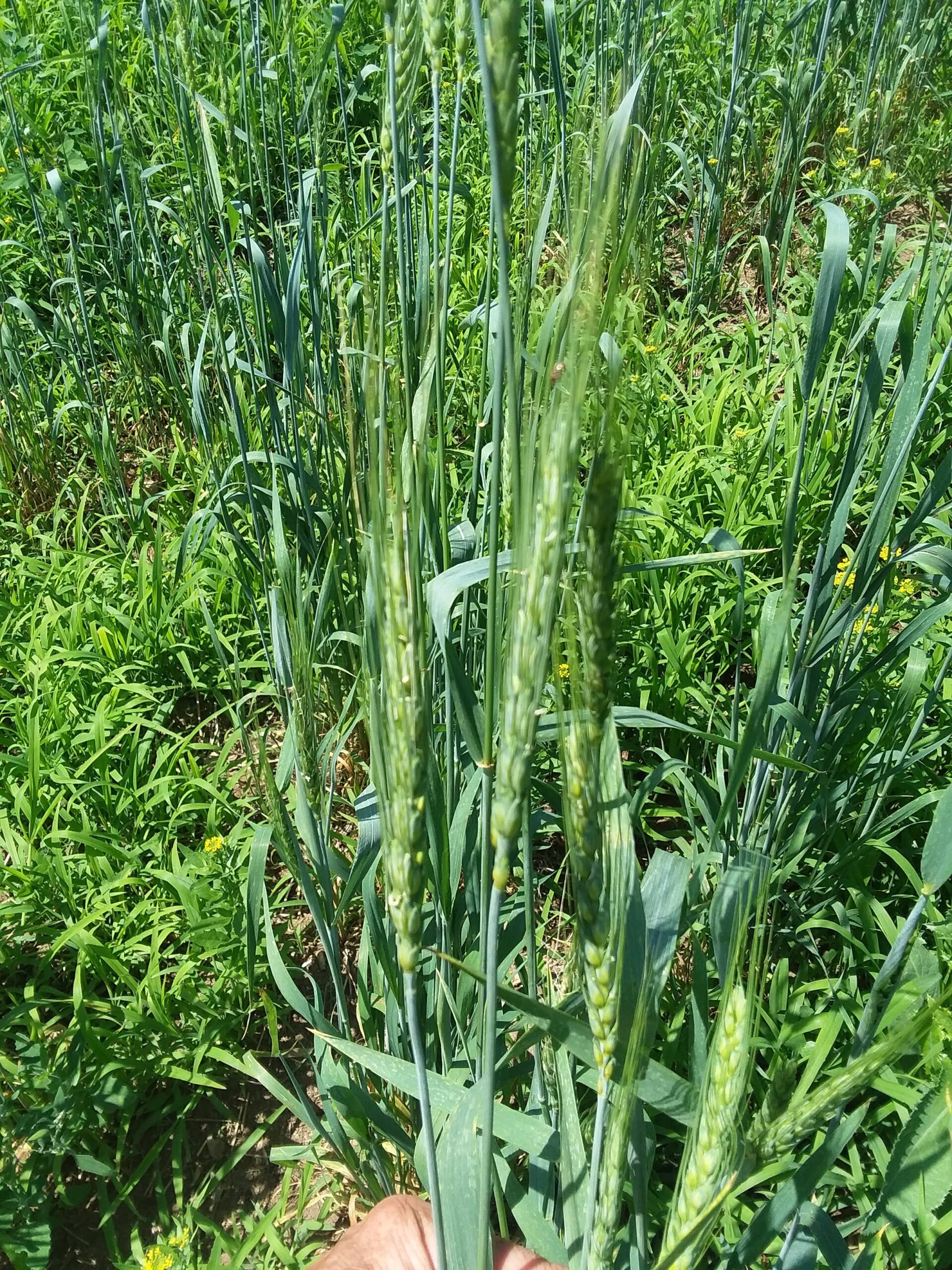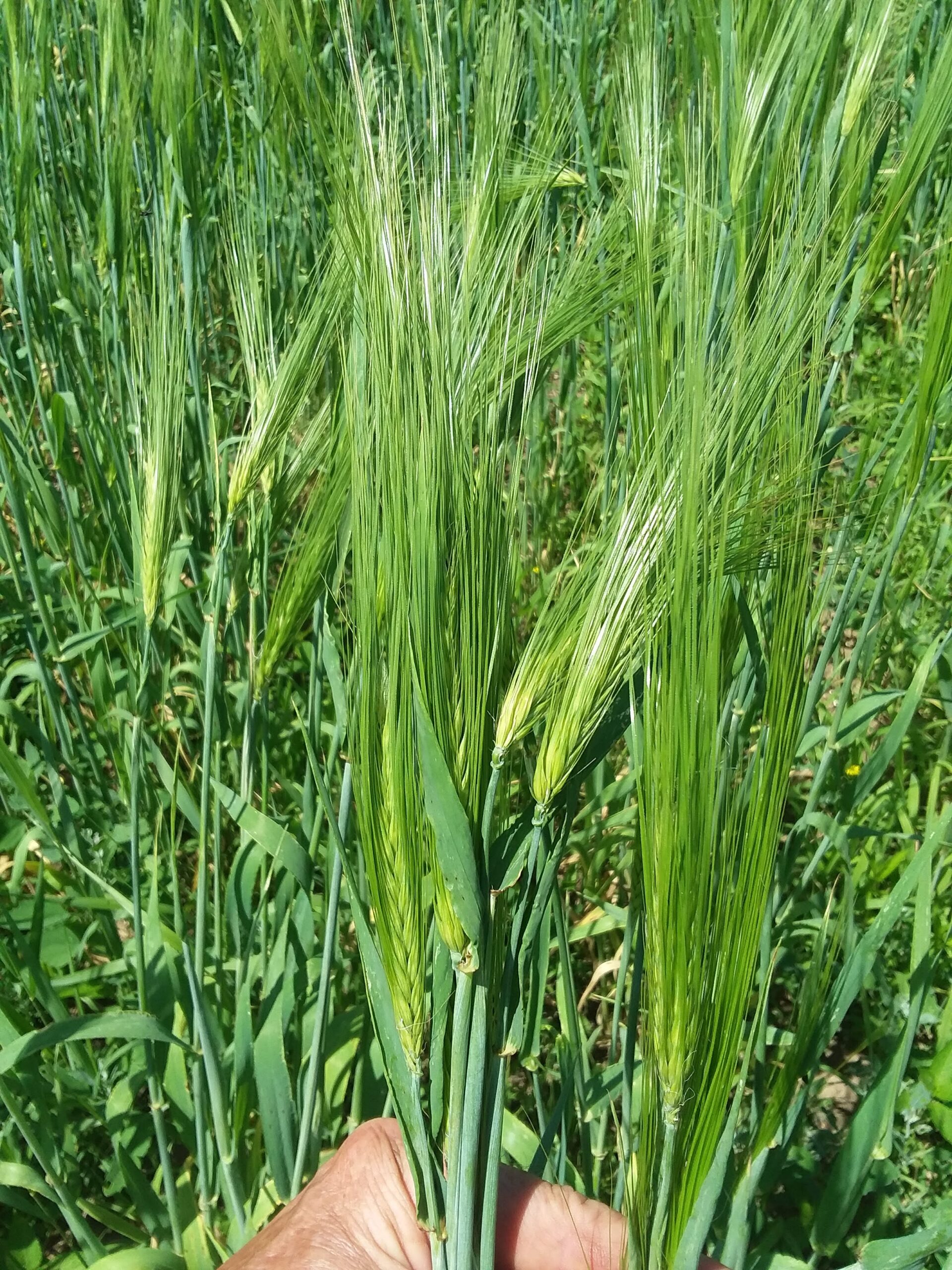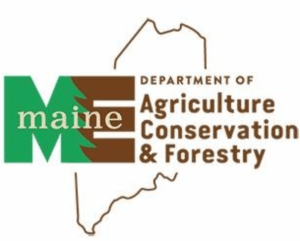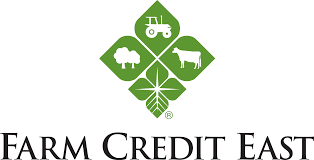Maine Grain Alliance rare and Heritage
Seed Restoration
Our seed restoration project aims to restore rare and heritage variety grains by turning handfuls of carefully kept seed into commercially viable quantities for farms.
The project is building a supportive network of farmers that can learn from each other, share resources and share equipment. Additionally, we are engaging bakers in the development of marketable products using restored seed.
Photos of Grain Taken July 2020
Grain Varities Under Restoration
Hulless Black Emmer
Banatka Wheat
Goldblume Wheat
Poltava Wheat
Einkorn
Hulled Emmer
Bere Barley
Italian Durham
Spring Rye
Yellow Spring Wheat
Purple Spring Wheat
Babuska Barley
Amy Spring Wheat
ND Spring Wheat
Italian Barley
Spelt
Swedish Spring Wheat
In 2020 MGA received 6 varieties of grain from Denmark and Buck Farms in Mapleton, ME agreed to be one of the 7 farms in our grow out program. As it turned out the final site in Mapleton was going to host a trial of barley run by the University of Maine. MGA sent the samples to the University and they were included in their trials along with some spring wheats commonly grown in Maine as comparisons. The university planted them and Richard of MGA helped to harvest the entire crop.
Enjoy the photos from Buck Farms!
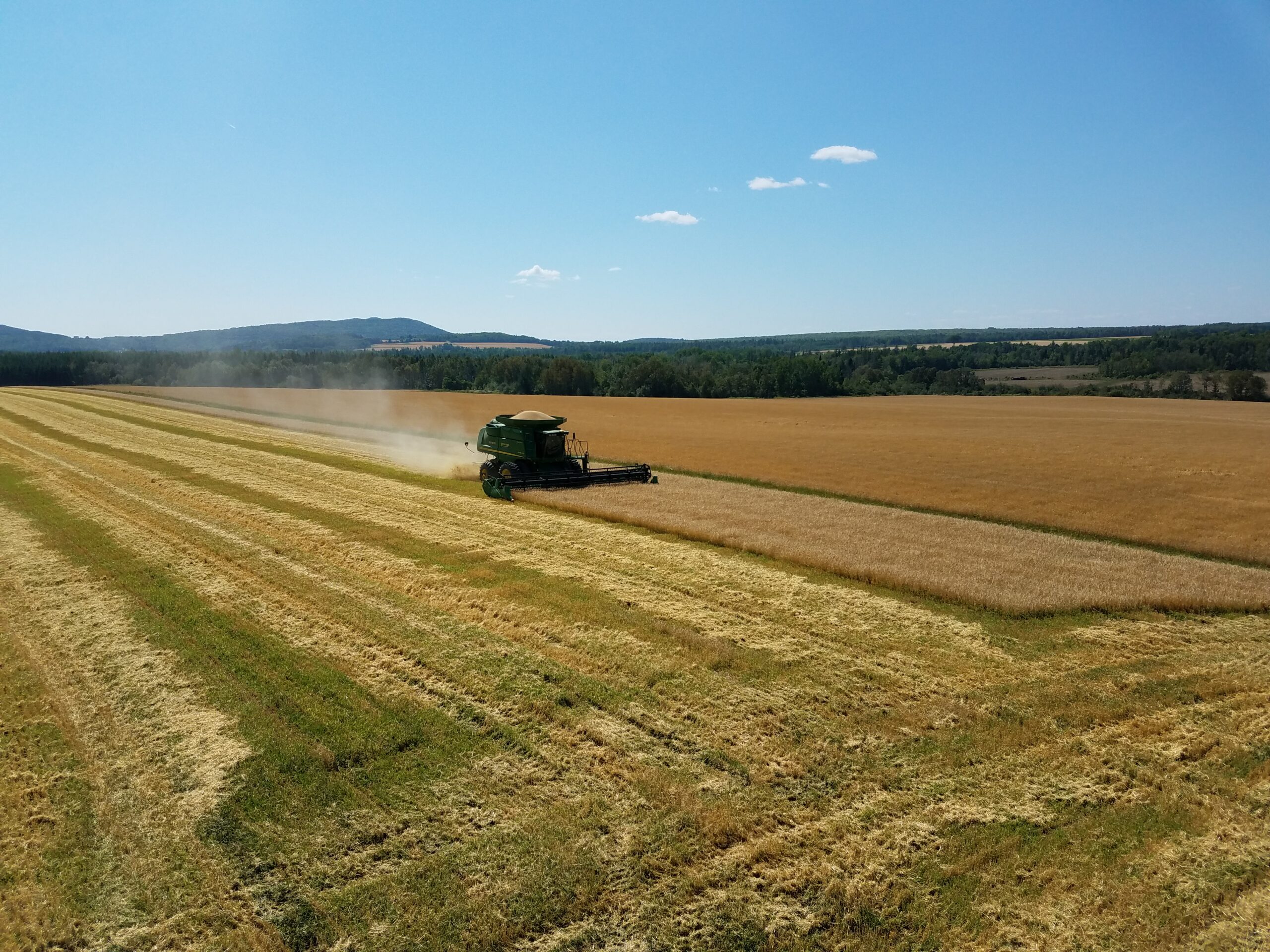
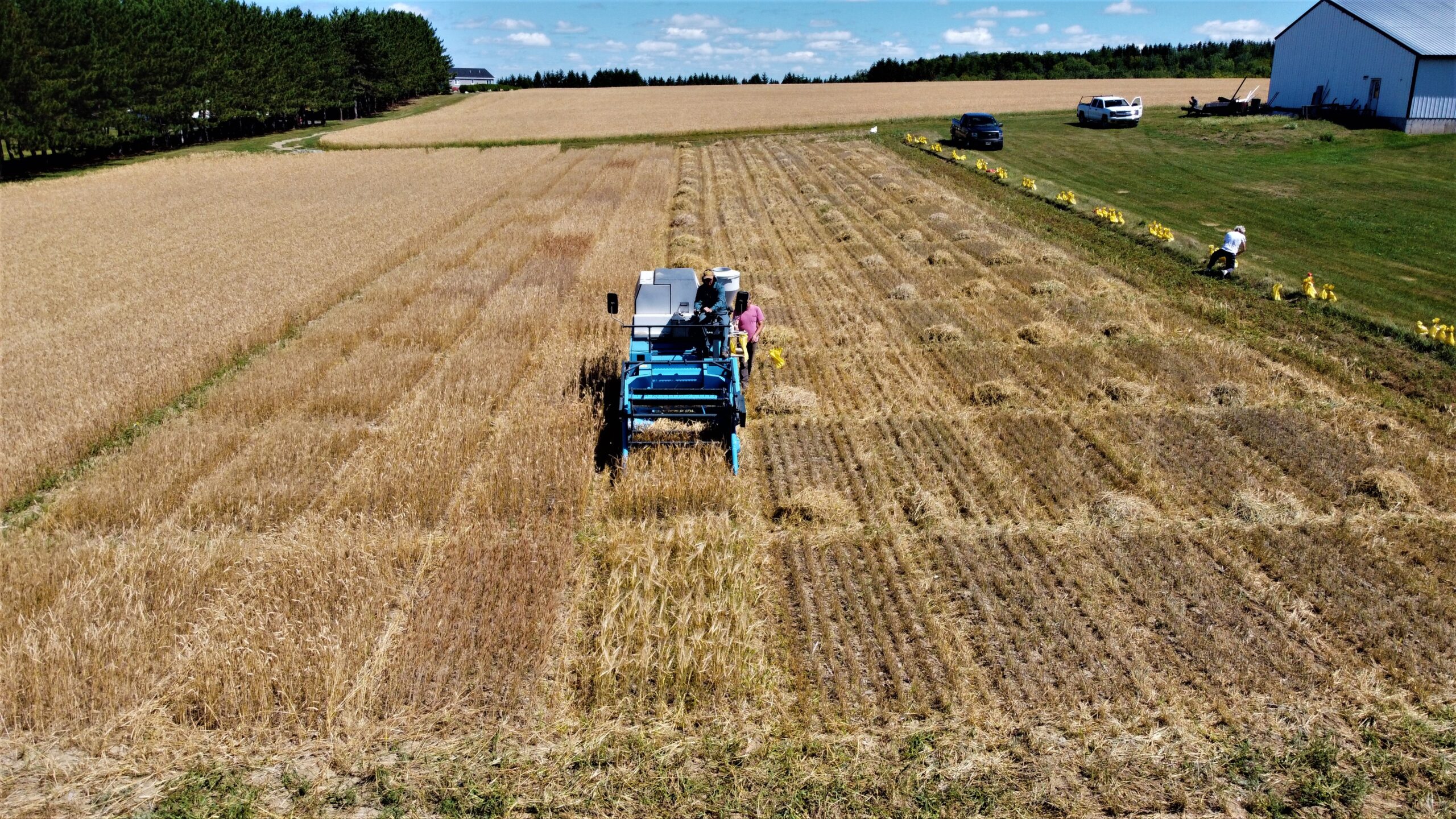
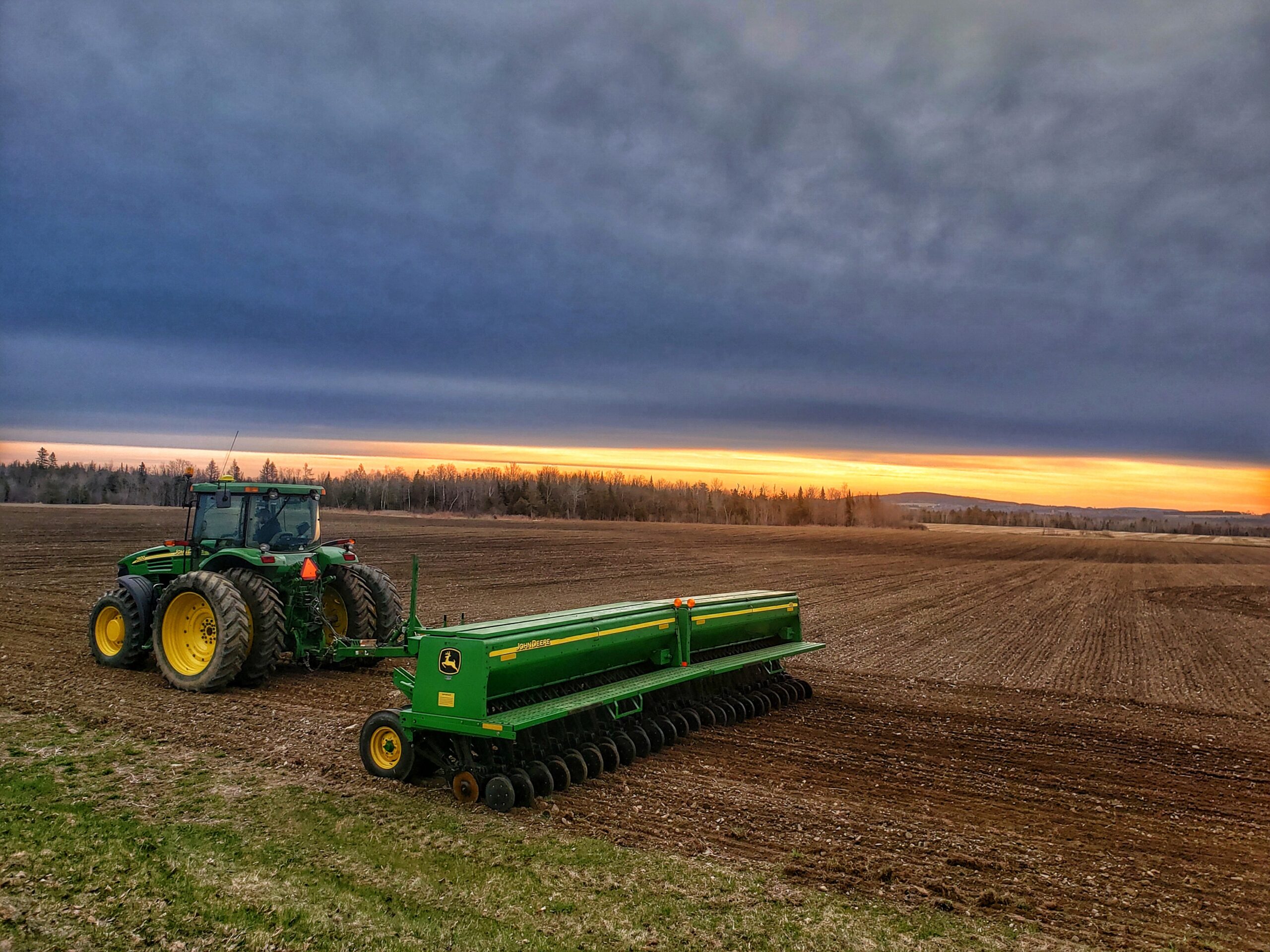
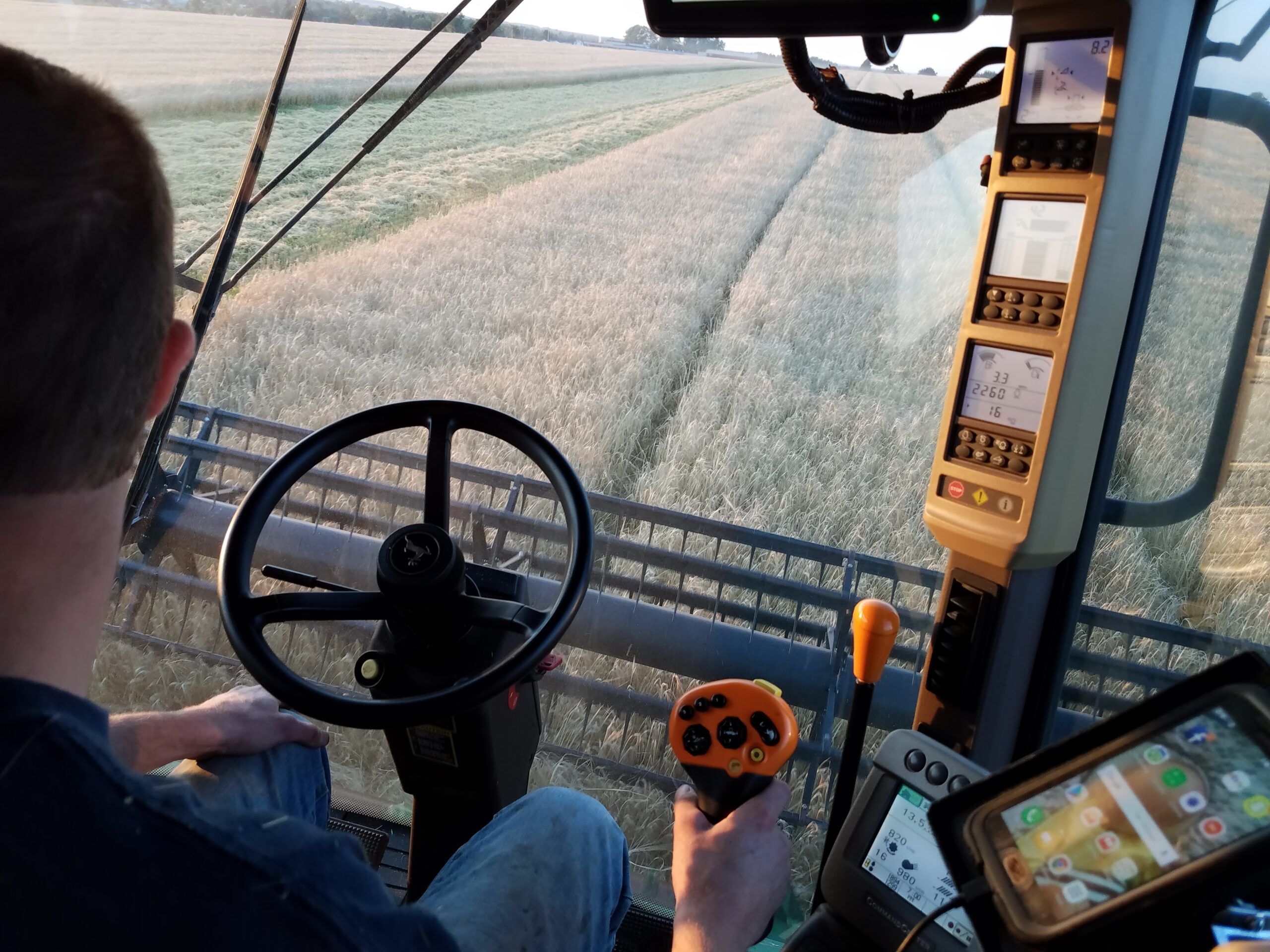
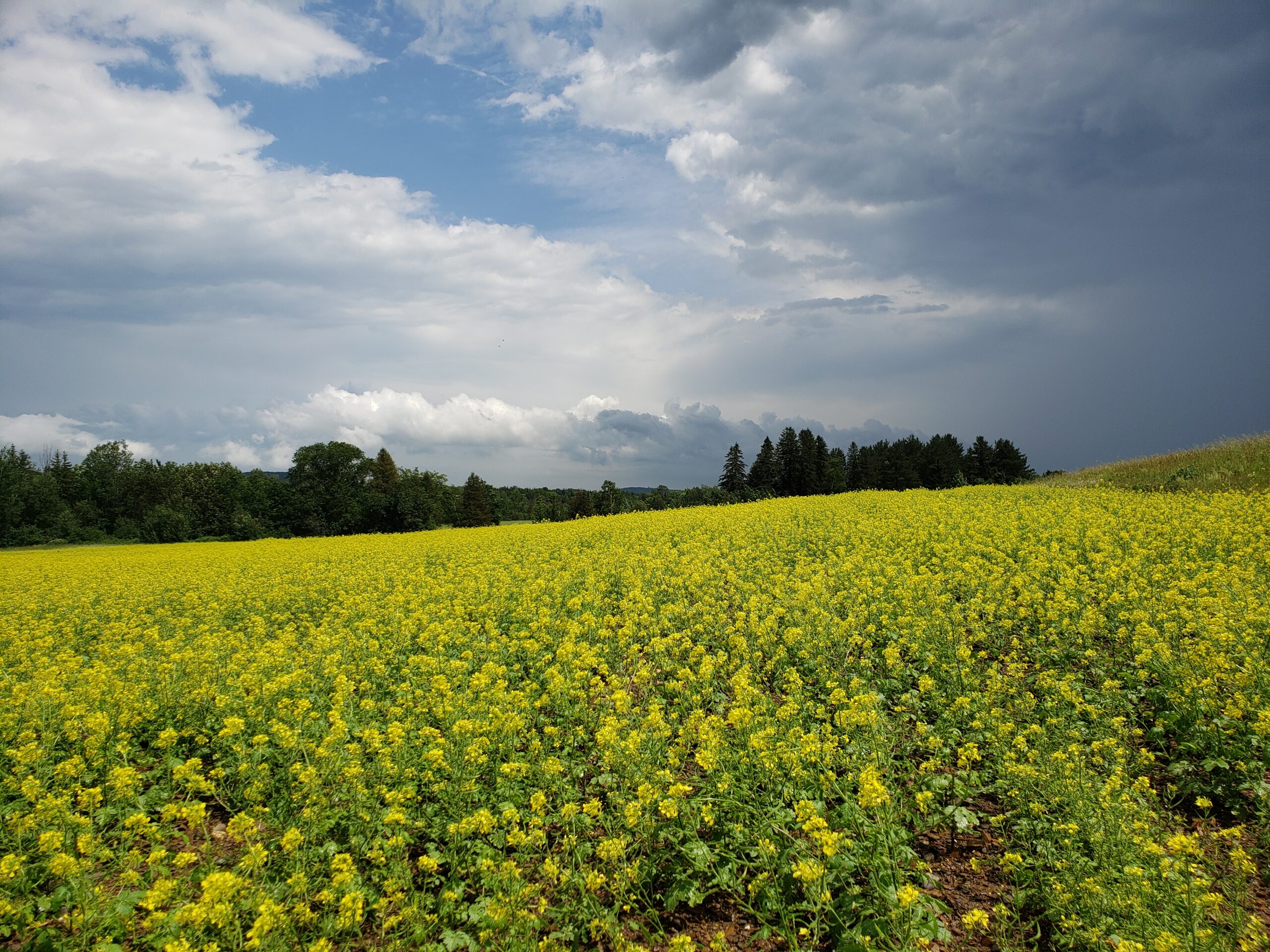
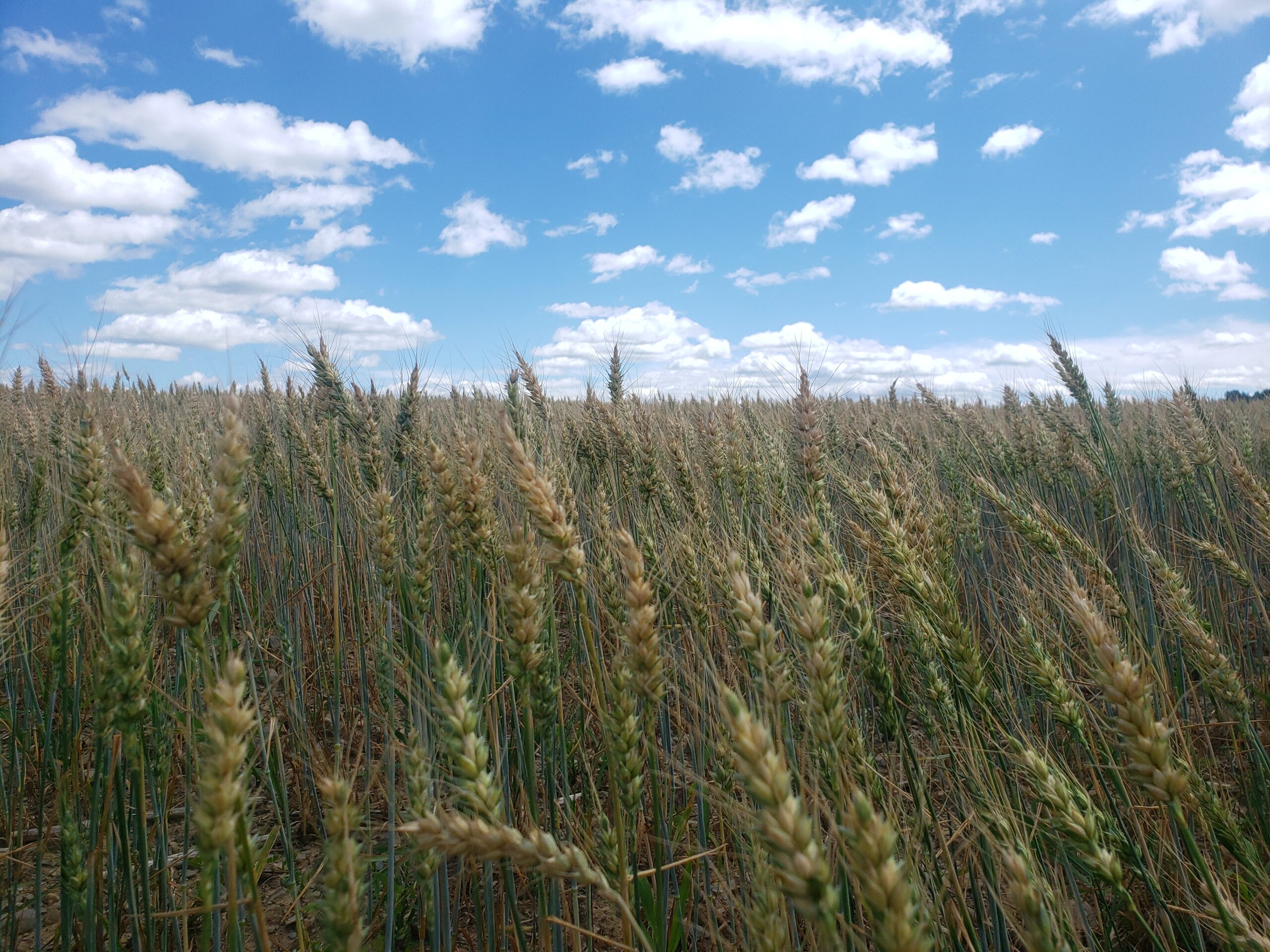
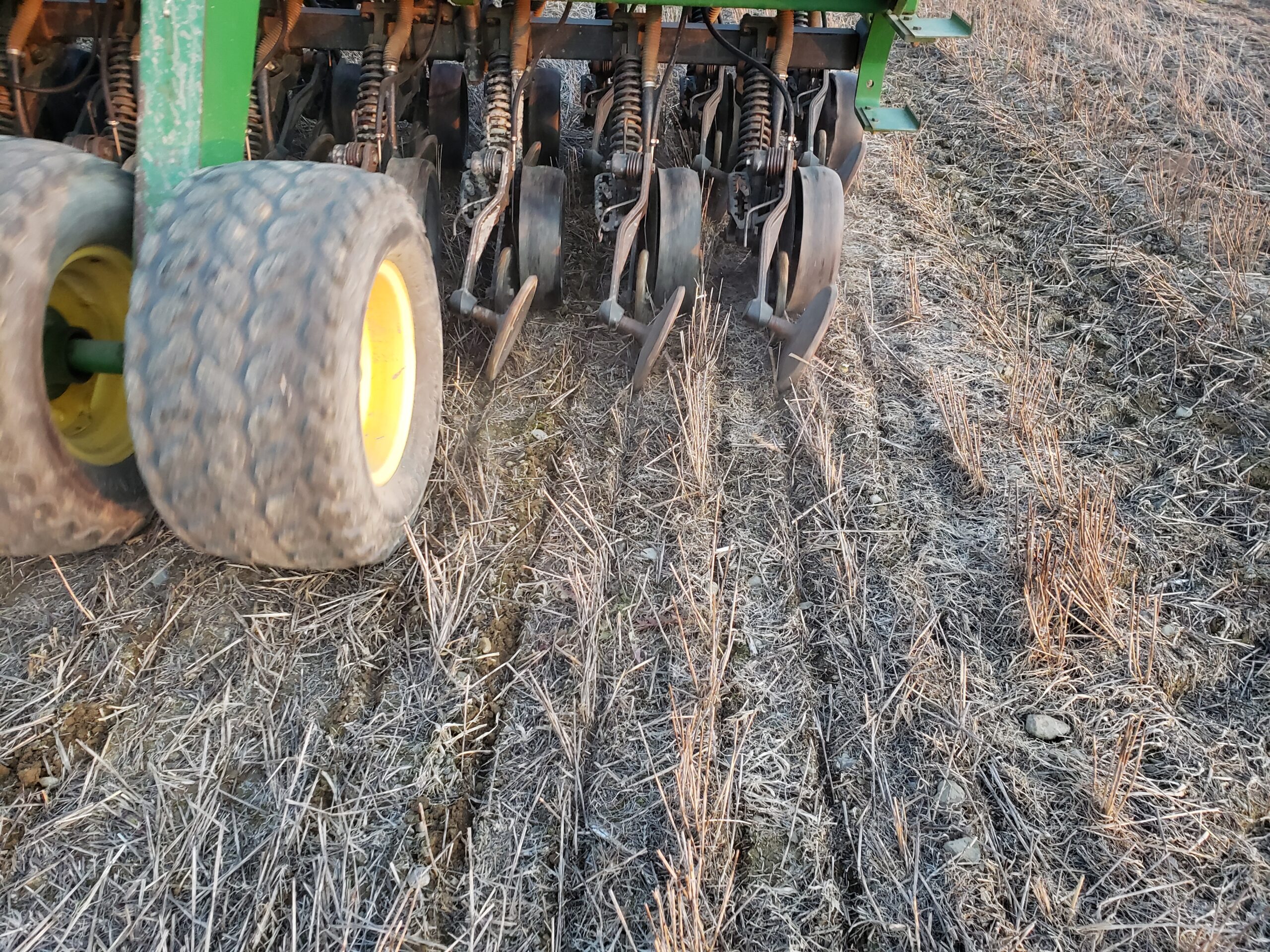
The Maine Grain Alliance is currently restoring seed for three different strains of Einkorn, black Emmer, flint corn, and several strains of rare and heritage ryes & wheats. After several years of restoration, the Maine Grain Alliance now holds the western hemisphere’s largest supply of a rare Estonian wheat called Sirvinta.
Richard, our Rare and Heritage Seed Restoration Program Director of the Maine Grain Alliance, walks us through his seed plot in Solon, Maine. Richard works to gather and grow heritage seed varieties, testing their viability in the Maine climate.
In this video, Albie Barden gives historical context and shares current uses for the flint corn varieties he is stewarding and resorting.
Your Title Goes Here
Your content goes here. Edit or remove this text inline or in the module Content settings. You can also style every aspect of this content in the module Design settings and even apply custom CSS to this text in the module Advanced settings.
2022 Flint Corn Report From Albie & Michele
Flint corn continued to be a major focus of Albie Barden and Michele Carmel during 2022, all with ups and
downs. As is their norm, they grew three varieties of flint and/or flour corn at their farm. They grew a few
rows of the short season Gaspe and next to it they grew a longer season, later germinating corn. Every
animal, domestic or wild that we can imagine eating corn knew about it when it was planted and came and
grabbed some when it was ripe. Vigilance, fencing, and clothespin sealed corn ear bags are key to a
successful harvest.
A couple years ago, they grew Byron in their upper field and of the hundreds of ears harvested, one
that Albie shucked turned out to be a rusty red. Richard Roberts also found a few red ears in another Byron
grown at a Richard Searles fertile intervale field. Albie has been planting these red seeds in the kitchen
garden next to the Gaspe in hopes of coaxing out this clearly recessive color gene in Byron. This year’s crop
yielded about half all-yellow ears and half rusty red ears. They have not compared the taste of yellow to
red.
In the high field, Albie and Michelle planted thirty or more one hundred foot rows of Gigi Hill which they
figured out is a flour corn. A dry early Spring slowed growth and good green color in this crop but with two
spaced helpings of organic chicken manure pellets and more rain later in the summer, everything perked up
and became a nice emerald green. Their annual community harvest was foiled by weather, a busy family
wedding, and Covid. Harvest was consequently done primarily by Albie and Michelle. They hung the best
ears in the kitchen and put the rest in the MGA solar plastic low Quonset hut dryer next to the big barn. They
successfully dried a few hundred ears of corn in the dryer and got it all out and in a big wire cage in the little
barn before really cold and wet weather set in. In a poor acorn year, the deer out back were thrilled to
receive a few dozen ears that sprouted or molded with a leak in the solar dryer.
From this year’s many efforts, Albie and Michelle have a few hundred pounds of likely viable seed. Finding
organic farmers willing to put in a half-acre or acre and really contribute to the effort is an unsolved
challenge. Maine’s Native American community has deep connections and traditions around corn. The loss
of land and the practice of growing corn halted a long time ago here, so it is a very slow recovery for that
practice to re-emerge and is often accompanied with keen political awareness and a likely desire to acquire
seed from Native American growers. Some in the community have reached out to Albie and Michelle for
seed, while others choose to source elsewhere.
While Albie and Michelle have donated corn to many growers, response has been poor. However, Albie
and Michelle gifted ten pounds of seeds about five years ago (Darwin John) to the O’Donnells of Rusted
Rooster Farm, and they became good friends after Albie and Michelle helped them harvest and shuck an
acre of DJ. Rusted Rooster Farm now grows in widely separated fields a few kinds of flint corn including a
large quantity of the Early Riser corn that Jack Lazar in VT had developed. They continue to be serious corn
and other grain growers and have developed a significant in-house infrastructure to harvest, shuck, dry,
clean and store corn and other grains. Their yard is filled with combines and tractors and balers and every
imaginable used, but functional, piece of equipment. Other farmers are bringing their grain to the
O’Donnells to get their grains or beans cleaned (the new Fedco Seeds catalog description praises their
operation). Also, the Somali Bantu Liberation Farm community could be the largest growers of flint corn at
the moment, though a different species than the Maine flint corn that Albie and Michelle are growing. Maine
Grains is selling their corn meal. Albie and Michelle gifted them with a second sheller and offered to help in
this season’s shelling with more equipment.
Albie and Michelle are currently planning the 2023 season and a potential Corn-ference. The Maine Grain
Alliance is grateful for their incredible efforts.
Learn more about Seed Restoration with the Somerset Woods Trustees on Taylor Field in Skowhegan
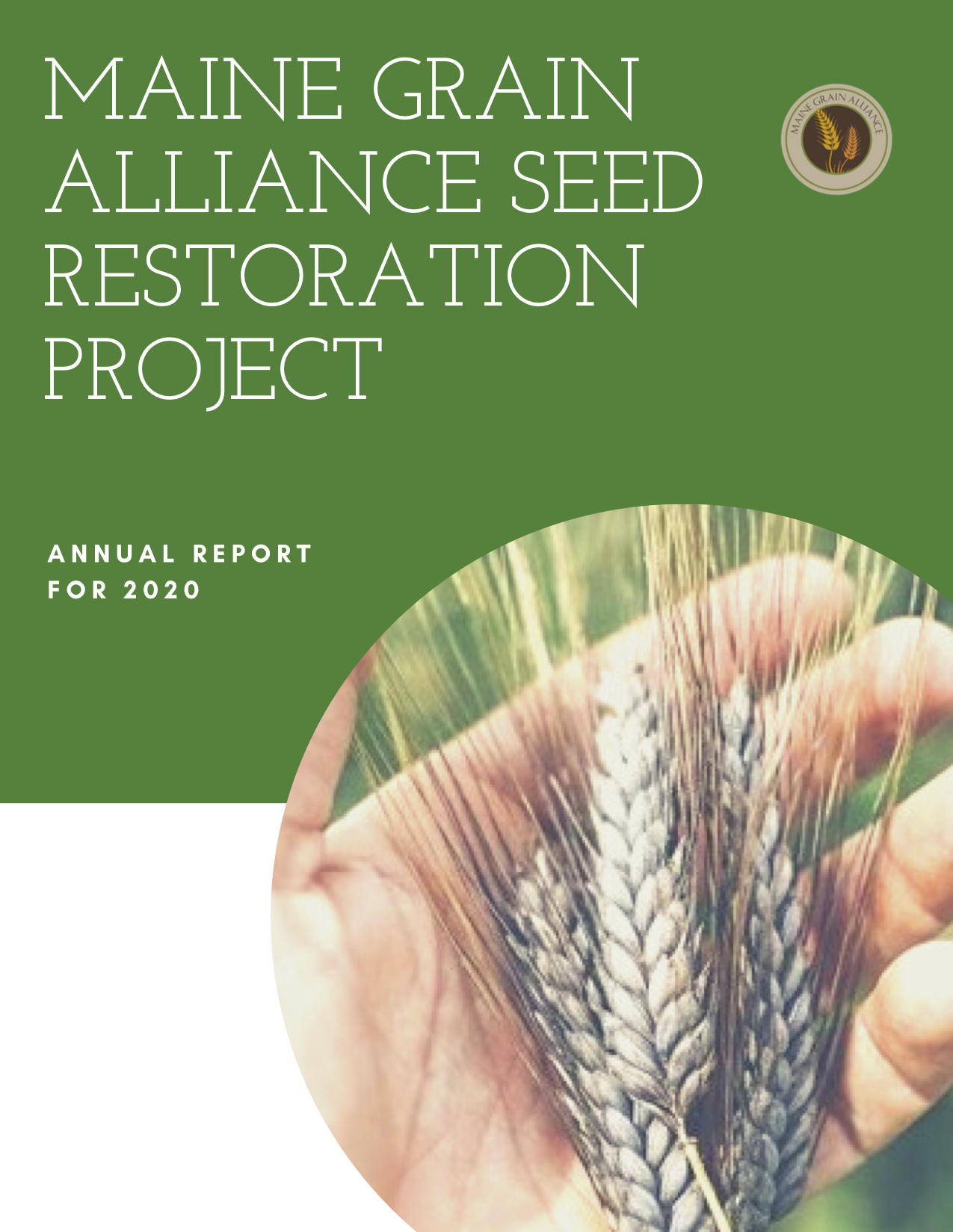
At the beginning of the spring planting season for 2020, there were already a substantial number of winter grains that had been planted in the fall of 2019 and were beginning to take off. An eighth of an acre of hull-less emmer that had been developed by Richard Roberts had been planted the previous fall as well as some banatka hard winter wheat, poltavka hard winter wheat, some einkorn that had been sourced from Daniel Des Rosiers, some einkorn sourced from Henry Bieler and a small amount of Goldblume hard winter wheat sourced from Dennis Christensen in Denmark.
Over the winter the Maine Grain Alliance sourced 6 varieties of spring grains from Agrologica, a seed company run by Anders Borgen in Denmark. Four of the grains were hard wheats, one was a spring spelt and one was a barley. We received about 12 lbs of each of these grains and each variety was divided up into 1.5 pound lots. Seven different farmers were contacted and agreed to plant all six of these varieties at their locations. The sites were chosen at different locations around the state. One location was in Freeport, near the coast; 4 were in central Maine and 2 were in Aroostook county in northern Maine. We began by planting at Land Trust Farm owned by Richard Roberts, MGA’s Restoration Project director using 2 Earthway hand seeders bolted together. It was determined that each 1.5 pound lot would need 50 x 50 feet. We asked each of the other participants to prepare a 50 x 150 foot plot for all six varieties and Richard traveled to 5 of the 6 remaining sites and planted all 6 varieties by hand. As it turned out the final site in Mapleton was going to host a trial of barley run by the University of Maine. We sent the samples to the University and they were included in their trials along with some spring wheats commonly grown in Maine as comparisons.
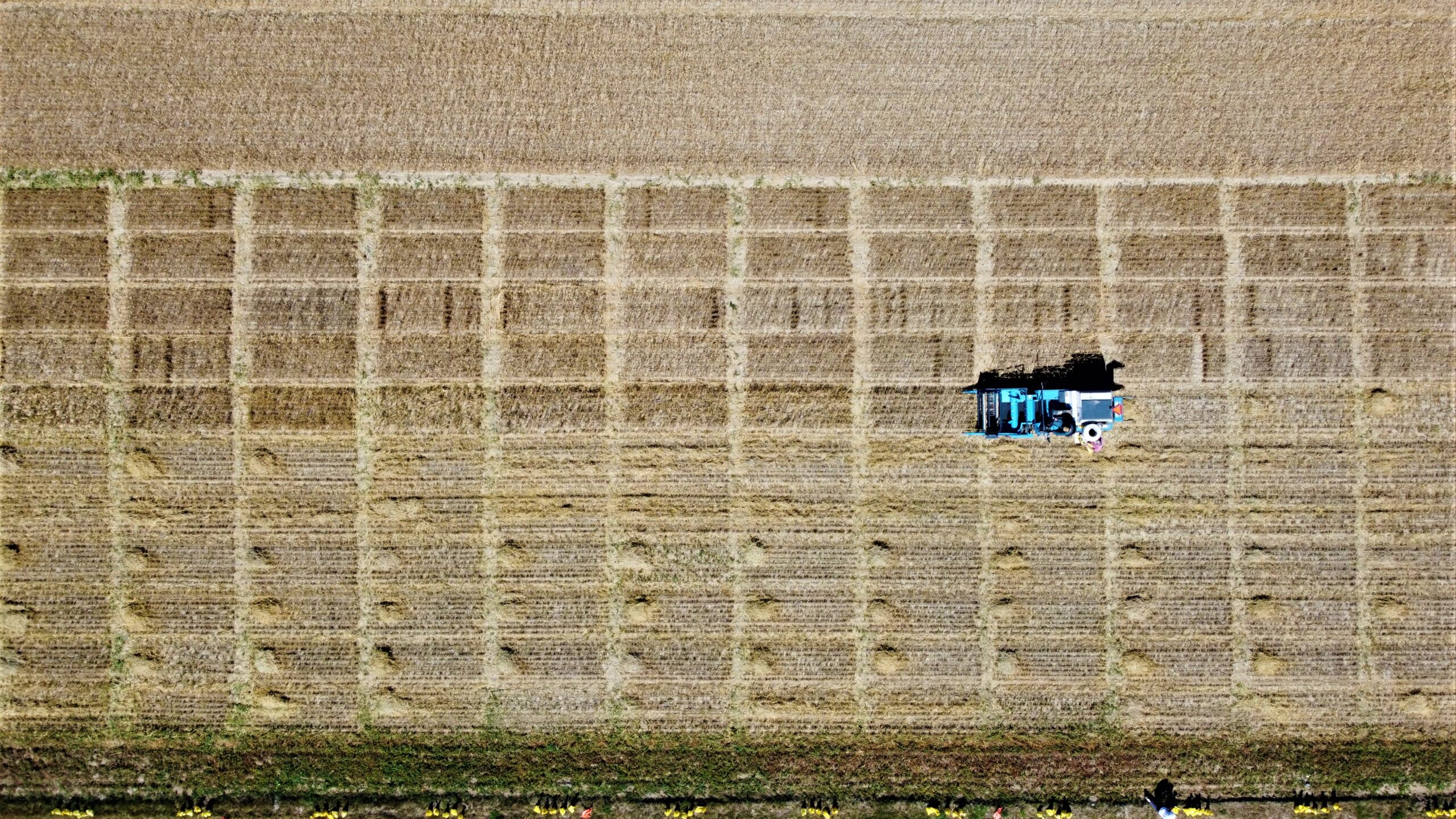
The sites varied in preparation and fertility and weed control became a problem at some of the sites. Six weeks after planting, a foliar spray of seaweed fertilizer from Maine Organics was applied using a backpack sprayer and later each site was weeded using a hand wheel cultivator. In August each site was harvested using MGA’s BOAZ mini grain combine and the seeds were cleaned and weighed. The results varied due to site fertility and weed pressure.It was good having the varieties grown in the controlled environment of a University trial for comparison. We plan to replant the seed harvested from these sites with these and additional farmers to determine which varieties do best with the goal of making them available for farmers in the future.
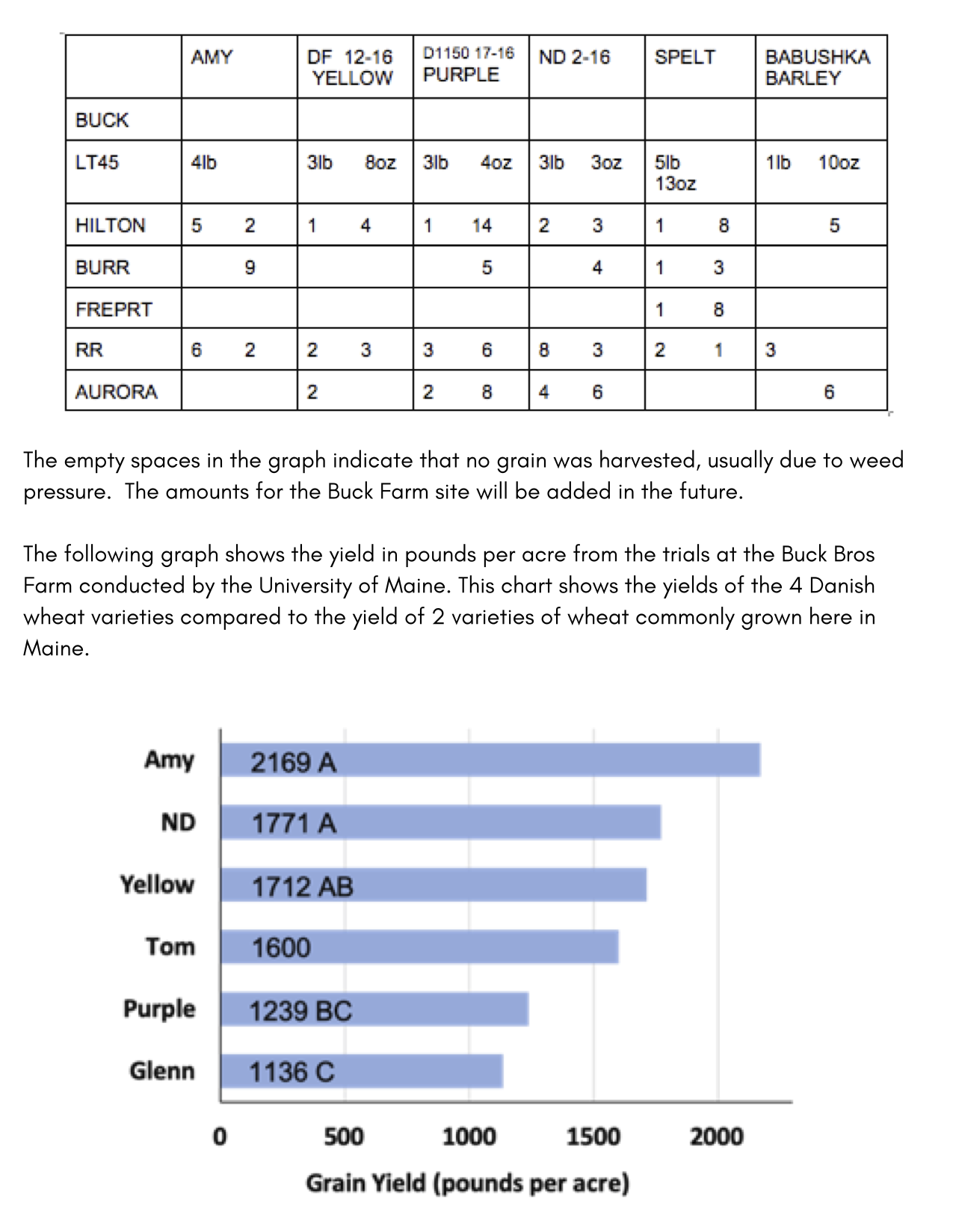
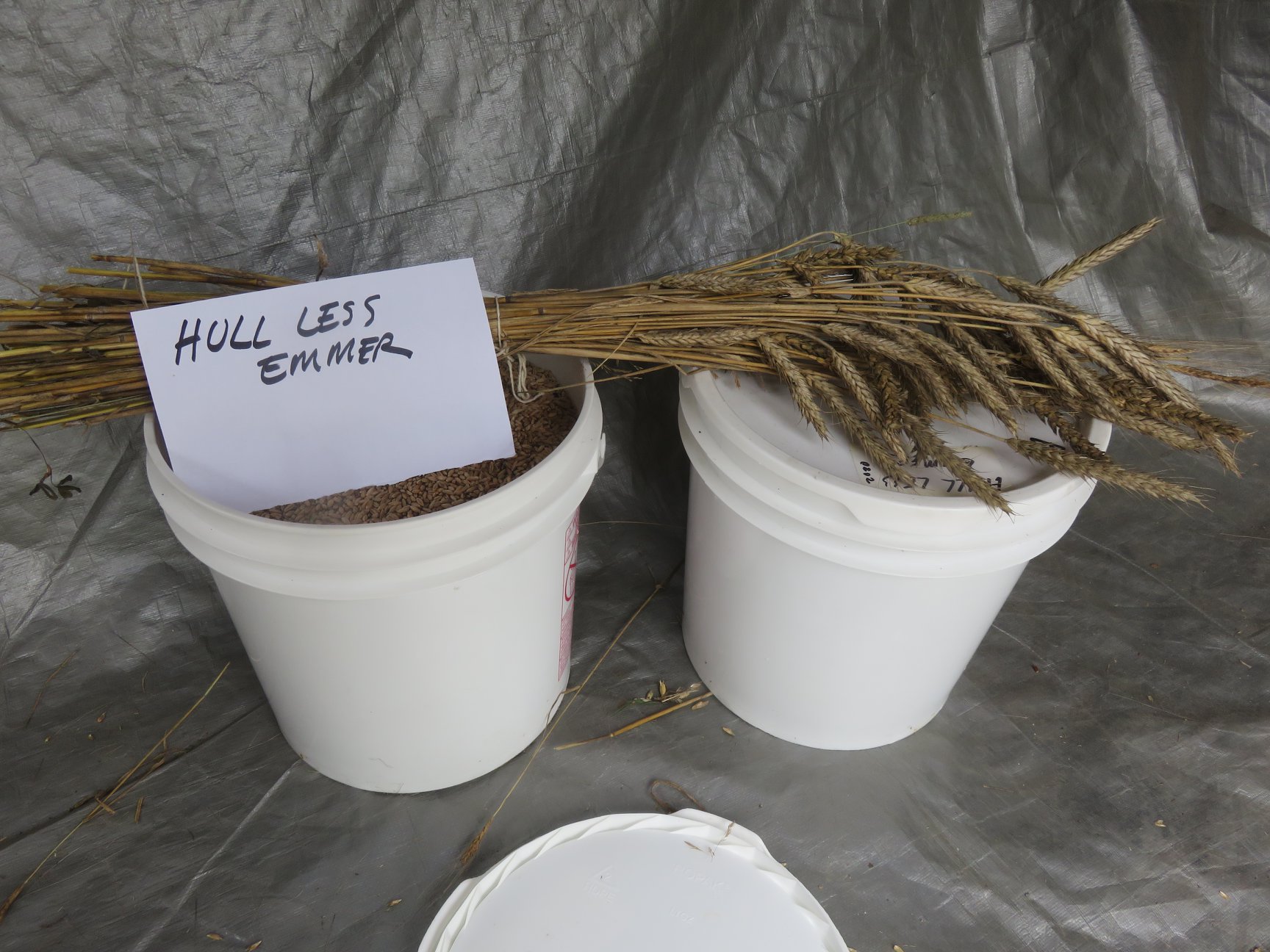
In addition to the Denmark varieties and the winter grains, a number of other small plots of spring grains were planted at Land Trust farm. These varieties are part of the ongoing grow out program of the MGA: Small plots of Arentes, a spring rye; some Italian Duram; some Bere, a Scottish malting barley, and 4 varieties of spring planted Einkorn and a spring planting of emmer. In addition small plots of an Italian barley and some Dalar, a Swedish spring wheat as well as a handful of Zanduri, an ancient wheat. 2020 was a good year for these varieties and we hope to replant and increase our yield again in 2021.
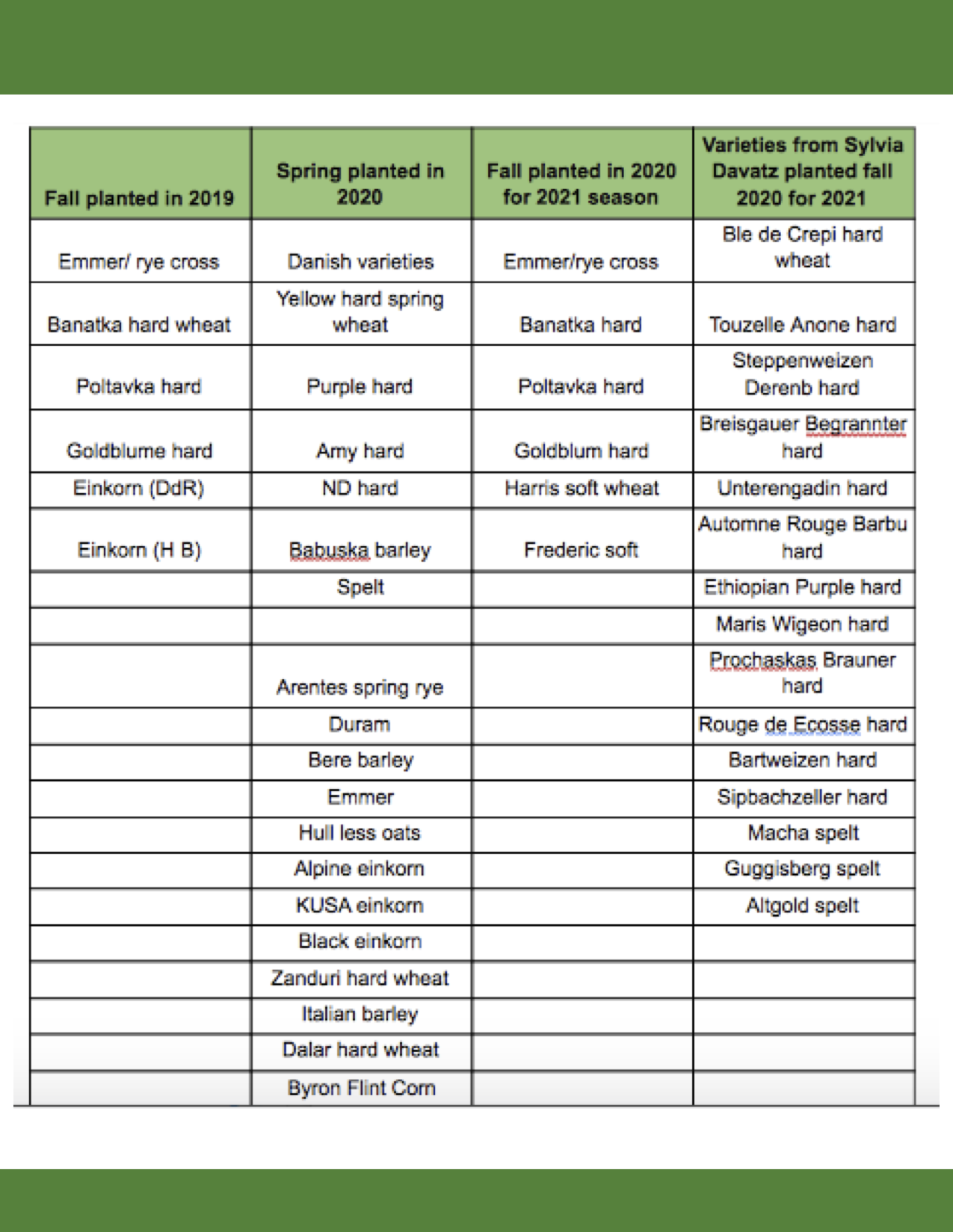
MGA also had a demonstration plot at Maine Wood Heat in Skowhegan. Maine Wood Heat has provided a space in the front of their factory for a number of years and this year we planted some spring wheat, barley, oats, emmer, einkorn and buckwheat. We also had a small planting of flint corn. There was significant weed pressure at this site this year and we may plant the demonstration plot into field peas this coming year as a cover crop to smother the weeds.
MGA also partnered with the Old Canada Road Association to plow up two ¼ acre demonstration plots at their scenic overlook on Rt 201 on the Madison/Solon town line. The plots were plowed and disked, limed and then later planted with a cover crop of winter rye. We plan to plant some grains there this coming spring. We are also working with Maine Organics, the seaweed fertilizer company on this site. They are very interested in helping us with these demonstration plots and plan to supply us with their foliar spray fertilizer for trials.
We also worked with Herron Breen from FEDCO on our Byron flint corn grow out program. Herron started about 1200 plants from seeds prodded by Albie Barden. These seedlings were planted at a field provided by Richard Searls in Solon, ME. MGA split the cost of pelletized chicken manure which was applied at the site and a number of our board members came and planted about 750 of the seedlings there. Herron also planted some winter squash there as well for a seed crop. This corn did very well because the site is bottom land on the Kennebec River and has adequate moisture. A large amount was harvested and is now drying on the cob.
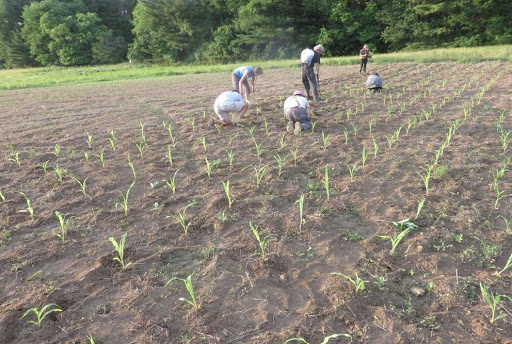
Some of the seed will be returned to Albie Barden and the rest will be made available for growers. Some of the remaining plants were planted at Taylor field in Skowhegan but did not do well as that site was too dry. Some of the remaining seedlings were given to the Anton Farm in Solon and they report that they have enough seed to plant 4 acres in 2021 and are looking for additional seed to plant.
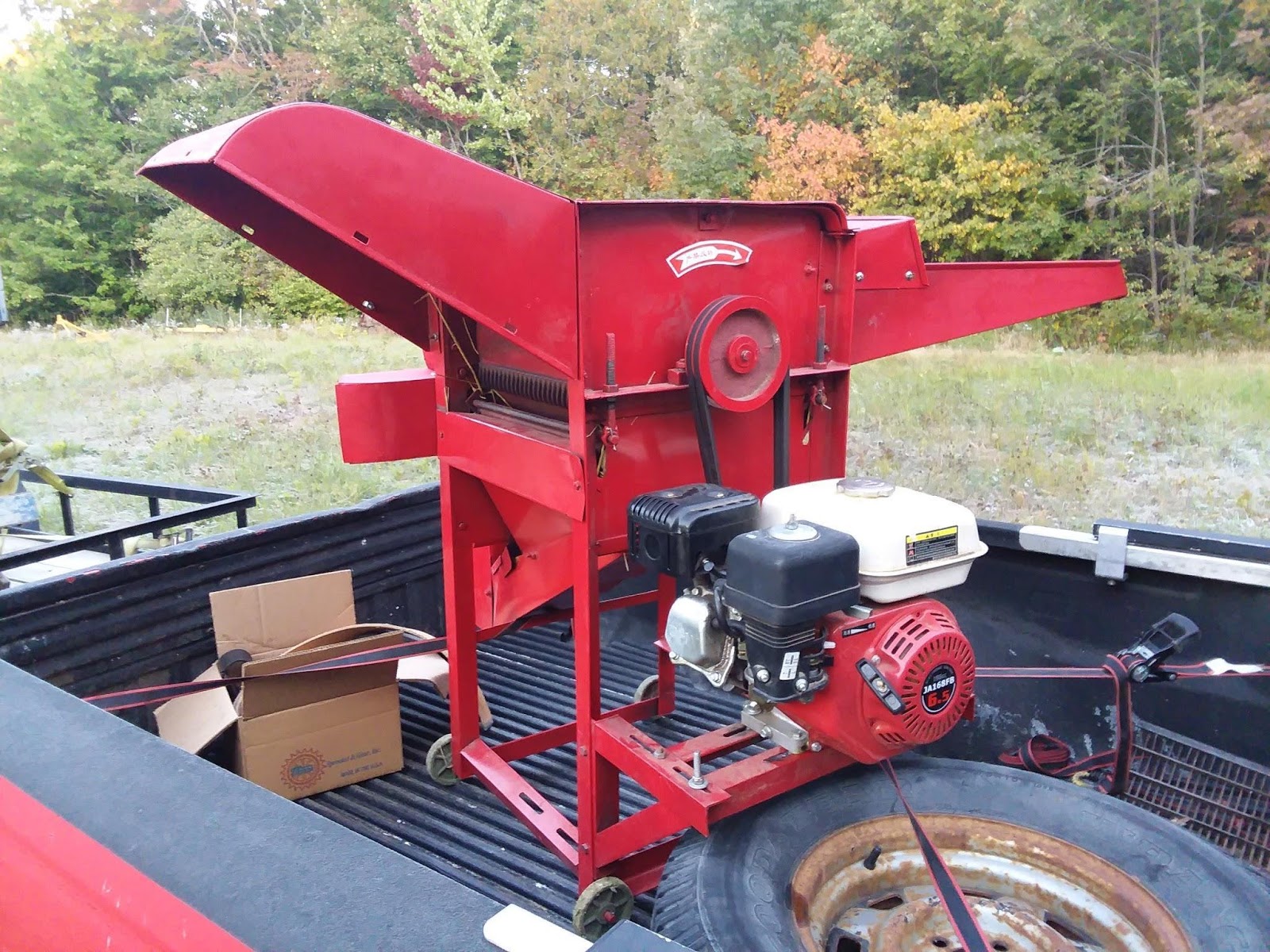
The Seed Restoration Program purchased a backpack sprayer for applying foliar spray and also a small gasoline engine powered grain thresher. Both of these pieces of equipment are available for members to use. We also hope to be able to provide soil amendments for our Denmark grain growing team.
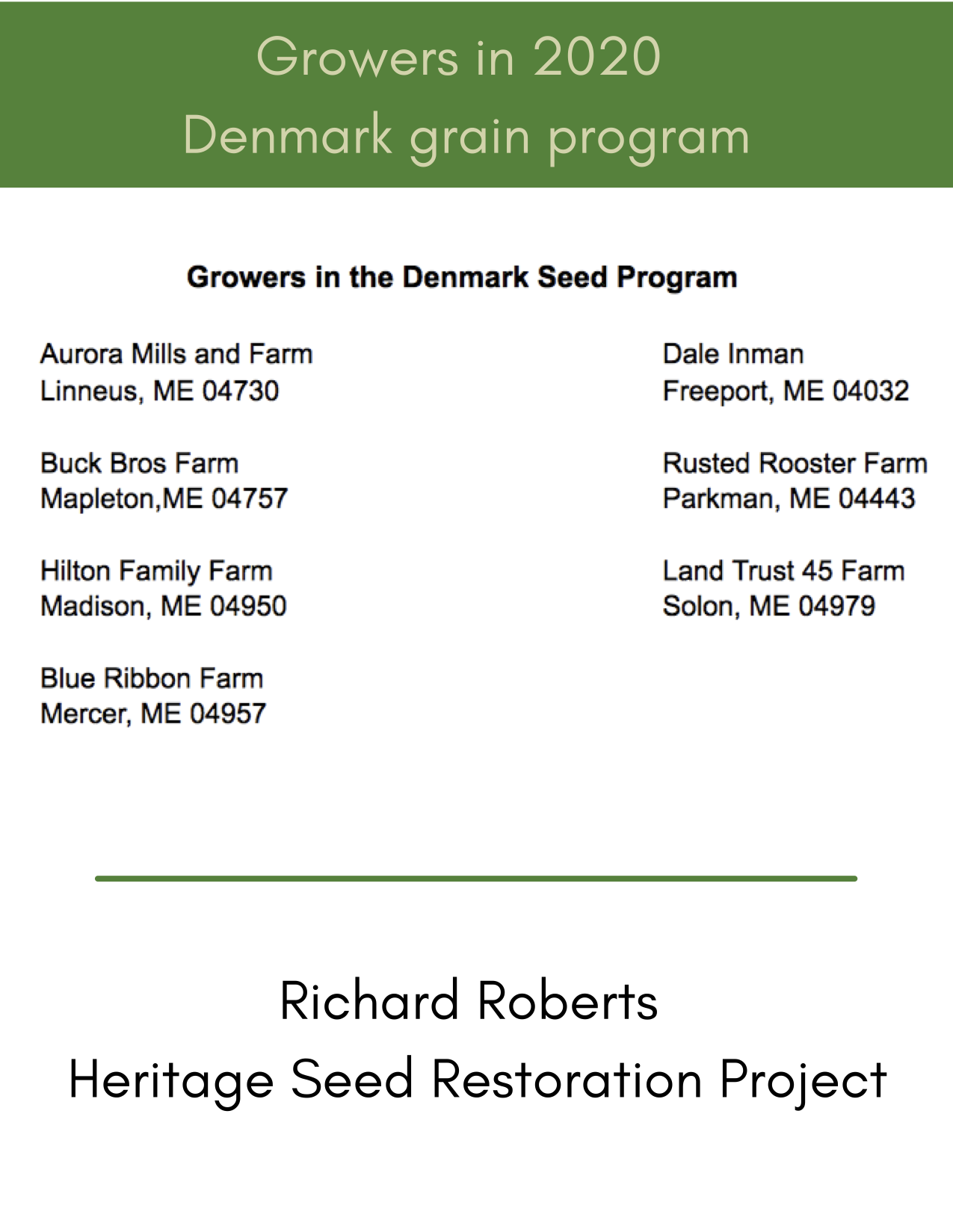
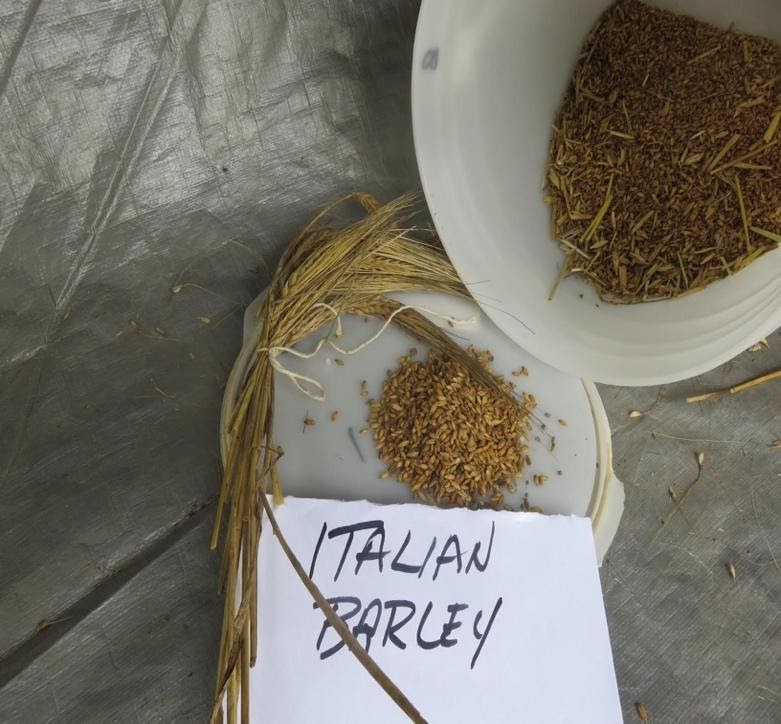
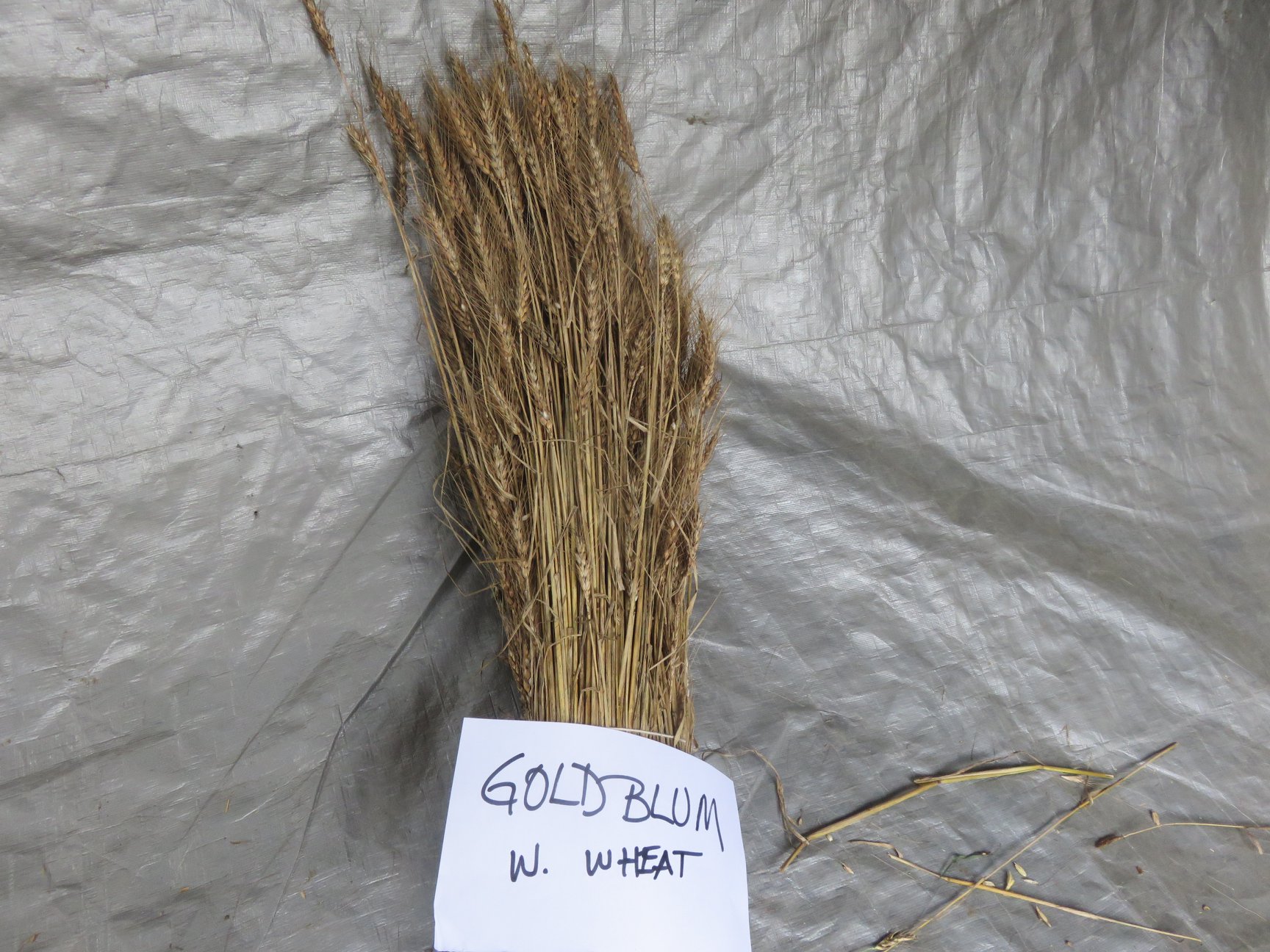
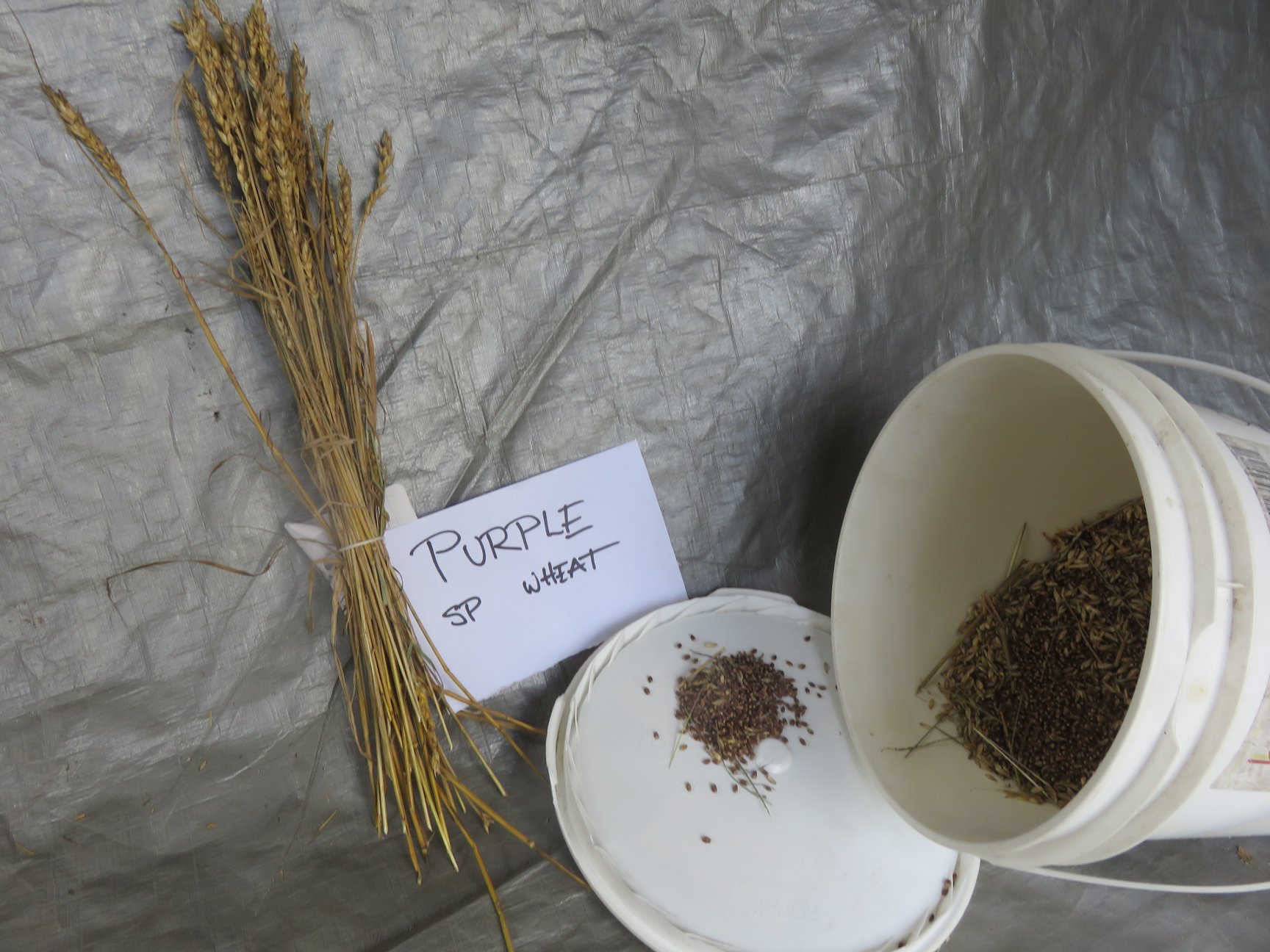
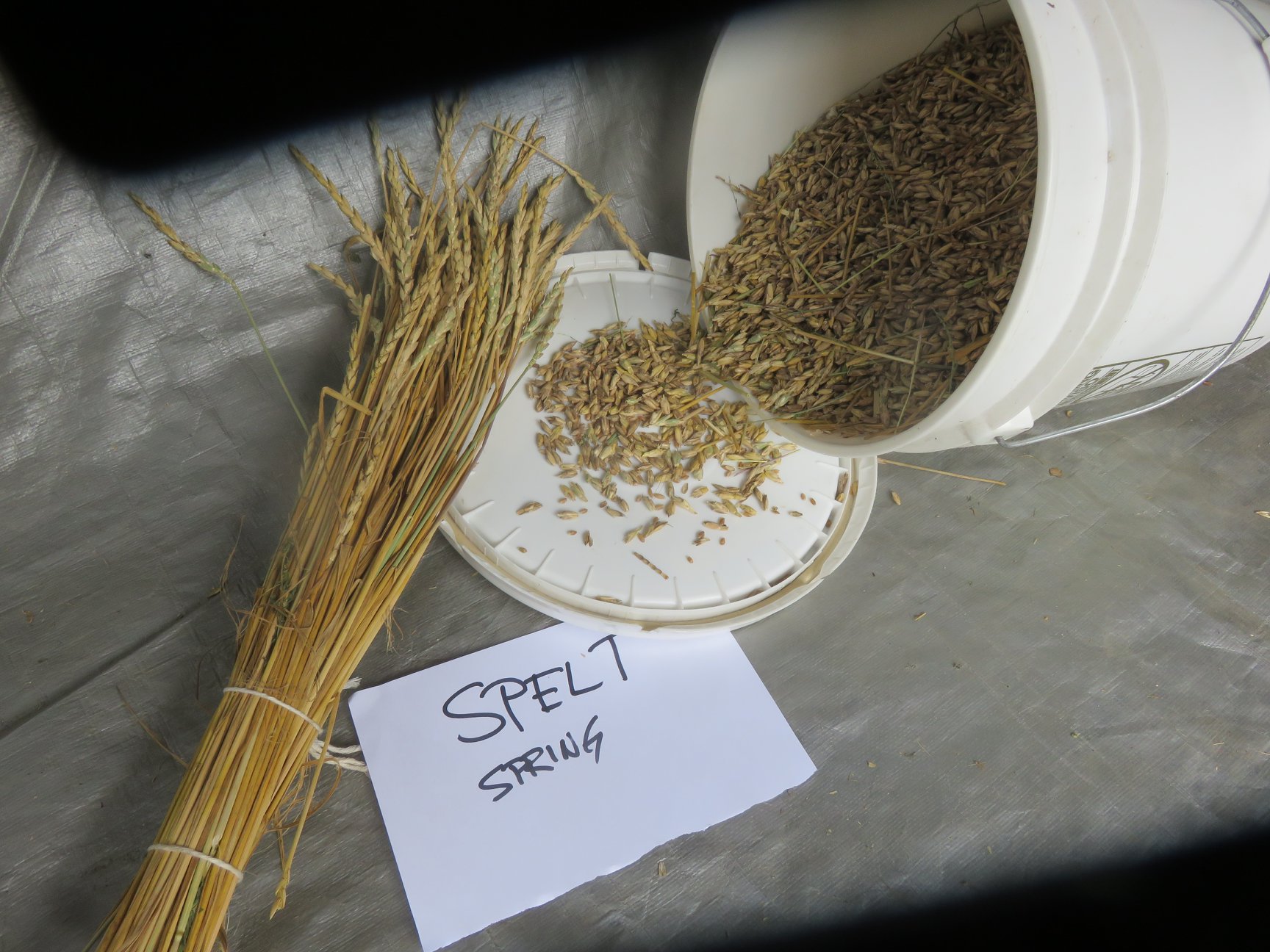
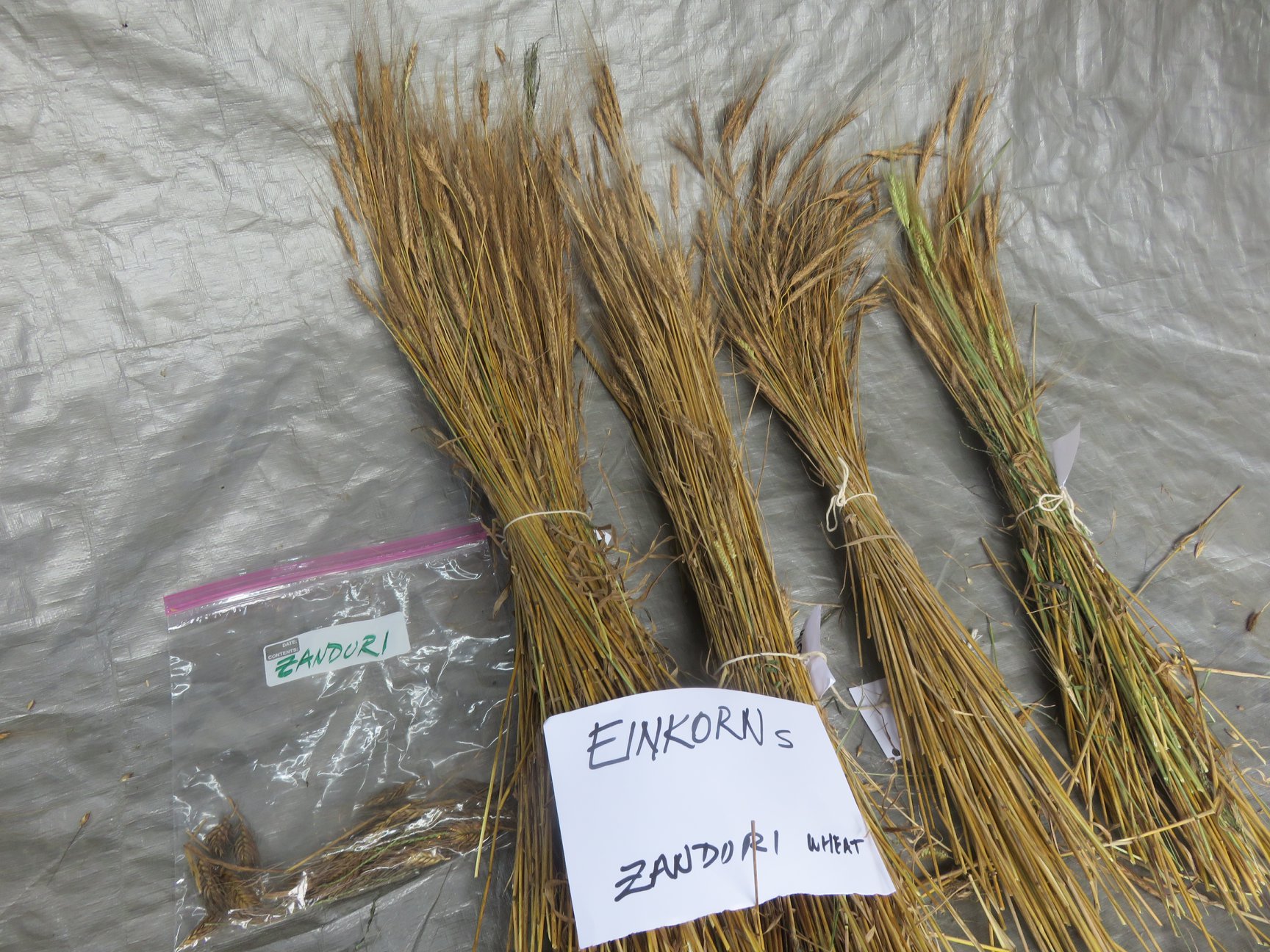
Our work is possible thanks to generous support
Supporting Sponsors
Our work is also made possible through cooperation with the following farms and individuals:
Our work is also made possible through cooperation with the following farms and individuals:
- University of Maine Cooperative Extension
- Land Trust 45 Farm, Bingham
- Groundswell Seed Farm, Solon
- Songbird Farm, Starks
- Grange Corner Farm, Lincolnville
- Maine Wood Heat, Skowhegan
- Blue Ribbon Farm, Mercer
- Richard Searls, Solon
- Jeremy Gibson, Solon
- Somerset Woods Trustees
- Taylor Field. Skowhegan
- Buck Farms, Mapleton
- Ben Hoffman, Bradford
- Gromaine Farm, Woodland
- Aurora Mills and Farm
- Dale Inman, Freeport
- Hilton Farms, Starks
- Rusted Rooster Farm
